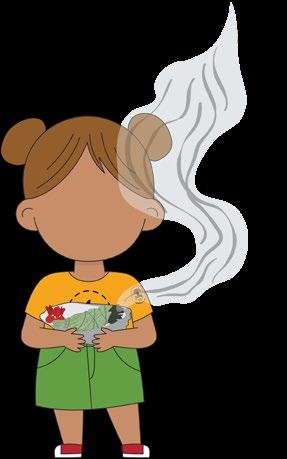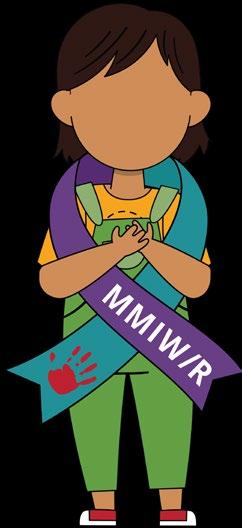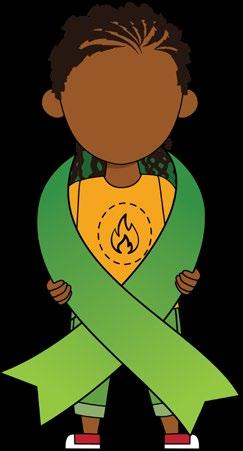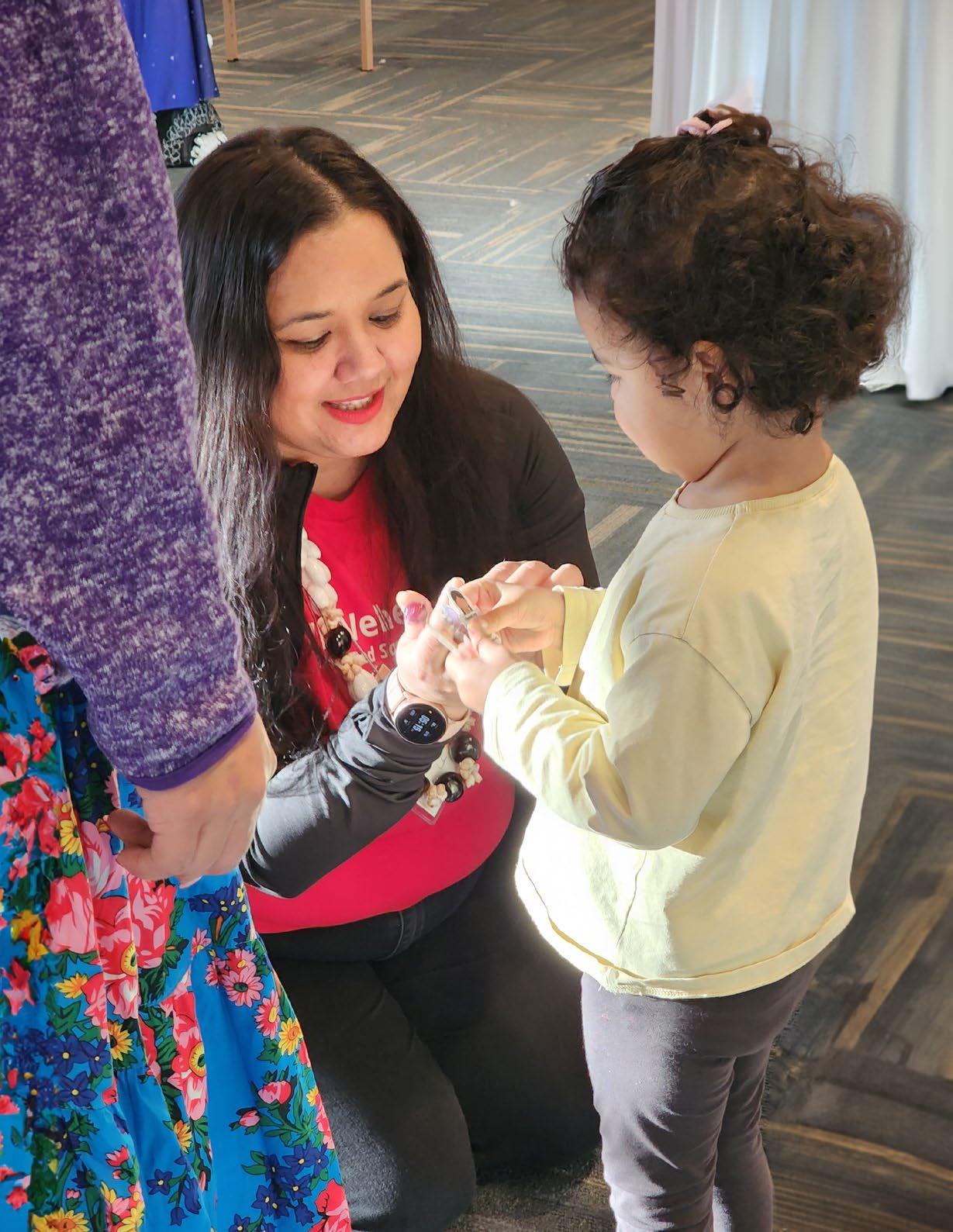
HIR Wellness Institute
Systems thinking to change the way we care for survivors of violence

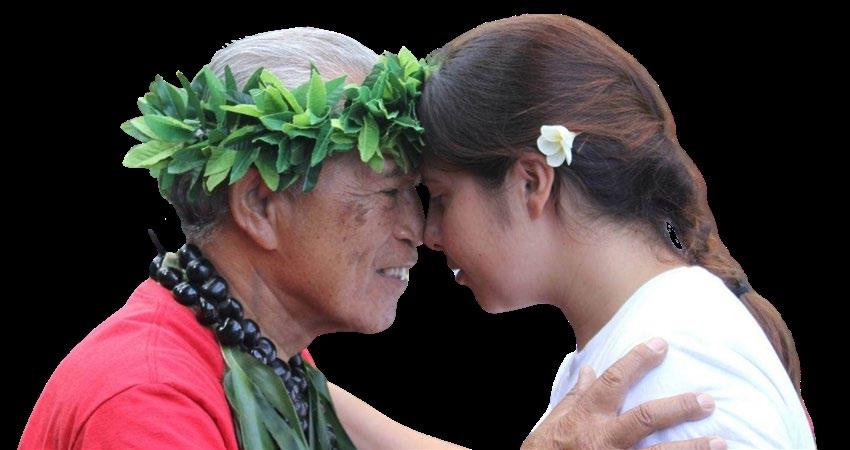


HIR Wellness Institute
Systems thinking to change the way we care for survivors of violence



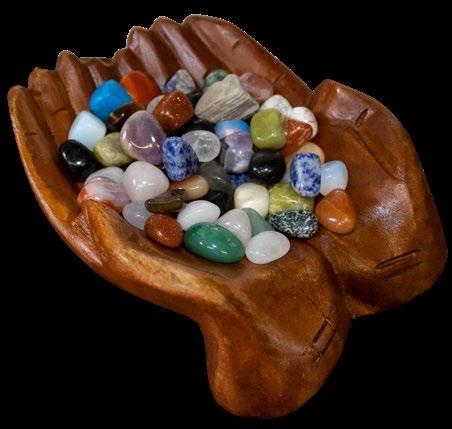
Western Perspective: Medicine is the science of keeping people healthy and healing the sick. Humans have practiced forms of medicine for thousands of years. Today specially trained people called physicians, or doctors, practice medicine. (Britanica, 2023)
Indigenous Perspective: Medicine is a way of achieving balance. An Indigenous medicine person doesn’t just heal illnesses—he or she can restore harmony or establish a state of being, such as peacefulness. And the practice of medicine is not just limited to the hands of medicine people; everyone is welcome to participate. Traditionally, Indigenous people don’t wait to be out of balance before they turn to medicine.
In the Indigenous worldview, many
kinds of things can be medicine: a place, a word, a stone, an animal, a natural phenomenon, a dream, a life event like a coffee date with a friend, or even something that seems bad in the moment, such as the loss of a job. Have you ever looked back at your life and thought, that was the best thing that could have ever happened to me? That was medicine. (Edgar Villanueva, 2022) Global
A collective term for racial groups which constitute approximately 85% of the global population. It is being used as an alternative to racialized terms like “ethnic minority” and “person of color” (POC), or more regional terms like “Black Indigenous and People of Color” (BIPOC) in the United States; “visible minority” in Canada; and “Black, Asian and Minority Ethnic” (BAME) in the United Kingdom. (Global Majority, 2023)
Who we are:
HIR Wellness Institute is a 501(c)(3) nonprofit organization that was founded in 2017. We provide free mental health, advocacy, and wellness services to Indigenous survivors of violence and trauma.
We are a survivor and women led matriarchal organization providing the next generation of care to victims of crime and violence. We seek to learn from our ancestors’ teachings and the ways of governance that worked for the global majority centuries prior to colonization, we invite our Indigenous roles into colonial spaces. Our ways are from many differing nations and our resilience has always rooted in the health and wellbeing of our communities while we thrive through social & value-based economies.
Our mission:
To increase mental health accessibility and inclusivity for health justice through demonetizing the relationships between the mental health systems, and those seeking mental health services within Indigenous and historically under-invested and therefore chronically underserved communities.
How we do this:
We liberate the practice, pedagogy, service delivery, and training of mental health by stewarding matriarchal shared-leadership of the CAM Framework™, Intergenerational Healing Approach™, and Children’s Fire.
Reflecting on care for all our relatives who are survivors of violence.

4,700+
Relatives1 impacted in services and programs since 2017
90% Relatives1 are of the Global Majority since 2017
6,600+
75k Reached on Social Media since 2020 100+ MMIWR2 + families served since 2017 People Trained since 2020
19+ Team members to date
1 At HIR Wellness Institute we use the term “relatives” instead of “clients” because they are a part of our communities, and we are a part of theirs. This allows us to show that we are connected and invested into the health and healing of all.
2 MMIWR stands for Missing and Murdered Indigenous Women and Relatives.
We are here to remind you that you walk with the generations before you, those who you walk with today, and those who have yet to come. We are here to remind you that your decisions today must include and protect the next seven generations to come. We are the spirit of Post Traumatic Wisdoms that you carry within you, the resiliency of your people, and calling our community healing ways in perpetuity.

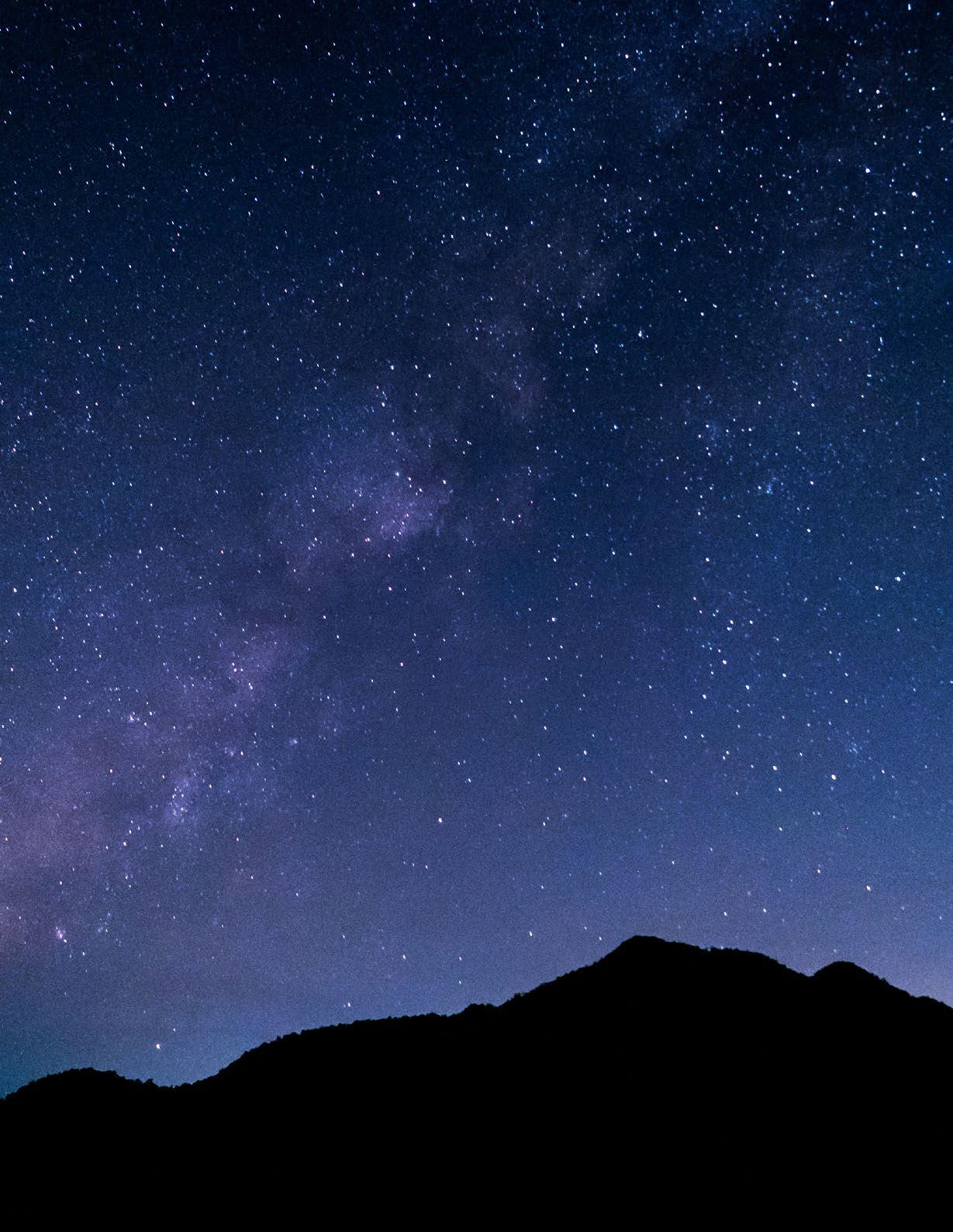
We are here to remind you of the inner child you carry with you always. To connect to your heart’s truth, past hurts, and to call yourself back home. We remind you to slow down, take in, breathe, release, reconnect, repair, rest, and repeat this cycle as long as you need.
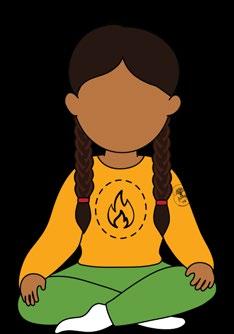
This is an example of our story appliques. This art was inspired by the Ho-Chunk practice of Anishinaabe applique. As part of the way we bring our collective teachings together, we invite our ancestral wisdoms and story telling through the expression of these appliques. With the help of our Indigenous artisan Jo Mackenzie we at HIR Wellness Institute grew this practice and allowed it to find new forms with our diverse and storied team members. By walking with the original process and changing some of the outcomes we were able to create small visual representations that allow us to bring pieces of ourselves and our stories into
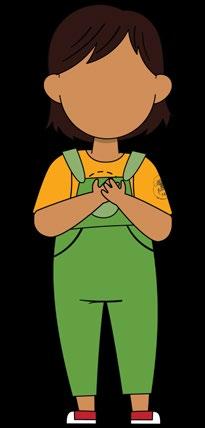
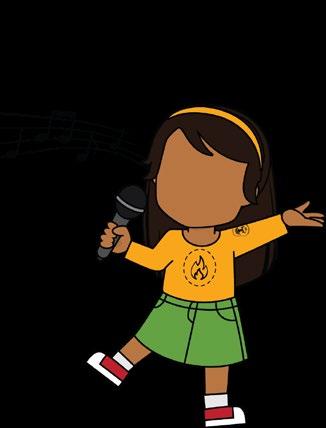
spaces we wouldn’t always have time to speak in.
Our team members each work individually by infusing raw creative energy, visual cues, and traditional visioning practices. Together with the artists and creatives on our team these raw energies are helped given their visual form. Once made these applique are seen in many places at HIR Wellness Institute. They are shared in biographies, digital spaces, and here in this document! We encourage you to ask our team members about their applique, or as not all team members have had to opportunity to make their applique, ask them about their ideas and inspirations for their future applique.
As part of our Intergenerational Healing Approach™ we at the HIR Wellness Institute embody the teachings of the Children’s Fire. This is an ancestral intergenerational practice of community-based decision making where archetypes are used to help guide and facilitate change that honors the efforts of the generations that came before us and positively impacts the generations that come after us. Our organization embodies the decision-making process of the Children’s Fire. When you walk through our spaces you will often see the fires burning, these are here so that if we need, we can take a moment to recenter ourselves to the mission and vision we follow. There are two laws to the Children’s Fire:
The Children’s Fire must forever keep going. The feminine and children must be protected.
“The Children’s Fire is an ancient decision-making model that encourages participants to see from other perspectives. It embodies inclusion in this democratic process in the best ways. Leadership, critical thought, empathy, compassion, and responsibility are encouraged at all levels. It’s shared leadership and constantly asks the question, ‘Have we thought of everything?’ which is critical for survival.”
- Barb Blackdeer-Mackenzie, Ho-Chunk Tribal Member
Our Children’s Fire was originally inspired by the teachings of the Medicine Wheel: A Creative Tool for Individuals and Organizations by Charity Thunder & Ann K. Johnson (Thunder, 1997). Brought to the HIR Wellness Institute by Ho-Chunk Tribal Member and Medicine Wheel facilitator Barb Blackdeer-Mackenzie.

Community Activated Medicine™, abbreviated to “CAM™”, was coined and developed by our CEO, Founder, and Clinical Director Lea S. Denny. It was a response to support collective grieving for collective healing. Within the communities that Denny worked with, she saw historical trauma manifested in generations of disenfranchised and complex grief. Using practice-based medicine she saw immediate results when gathering with community members to create a space where we can collectively share and grieve. Informed by cultural and ancestral knowledge, these shared spaces created connections to the land, people, stories, and food as ways of healing.
CAM™ is where cultural healing ways, community activism, transformative justice, radical healing and liberation intersect to create action-oriented wellness. It is where you are the medicine and together we the people
are the medicine. This approach has two parts, to inform the community and providers, and to activate their action on how to be part of the process in addressing the healing needs for communities through creating change for the generations of our past, present, and future.
CAM™ is both a noun and verb; it is a process for mending the social fabric through healing connections and the process of activating communityinformed spaces. It is where we protect and share our sacred healing traditions in collaboration with inclusive mental health ways to support the healing of one’s mind, body, heart, and spirit for our communities, and the greater global plane. A CAM™ informed practice is a framework that focuses on healing historical trauma through an Intergenerational Healing Approach™ and embodying a decolonizing mental health and wellness practice.
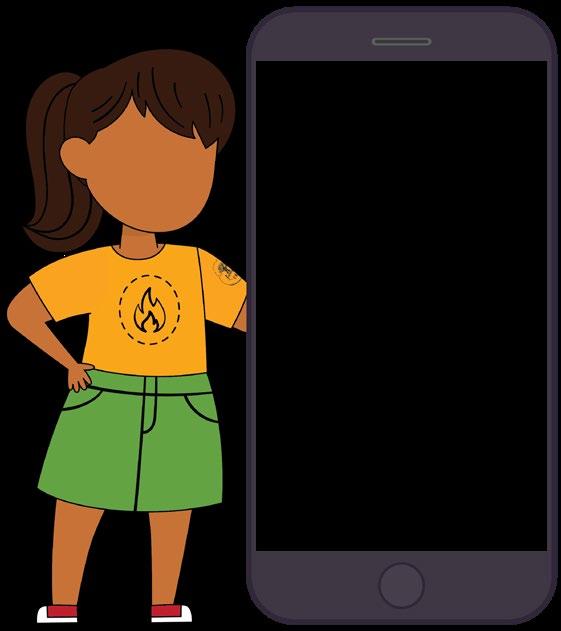
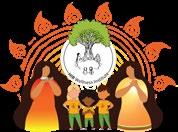



With Community Activated Medicine™ (CAM™), CAM™ Providers understand that the relative’s presenting symptoms, functioning, and concerns interplay and are interdependent on their relational and environmental health. A CAM™ Provider uses a holistic, relational, and interdisciplinary approach that is valued-based and utilizes a practice based generating evidence framework. To apply CAM™ techniques, a counselor works with relatives to understand self-attunement, relational attunement, environmental attunement, and community well-belonging.
Relatives’ are taught Healing
Intergenerational Roots – Meaningful Attunement Processing Skills™ (HIRMAPS™), identifying intergenerational ancestral strengths, healing early childhood and personal wounds, building/ bridging a Circle of Care™, and nurturing a circle of Children’s Fire Guardians.
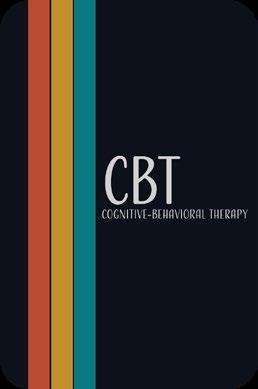
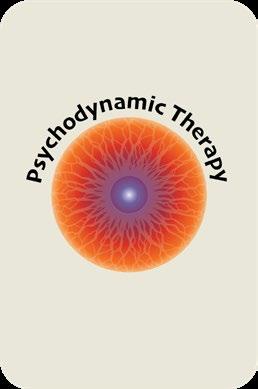
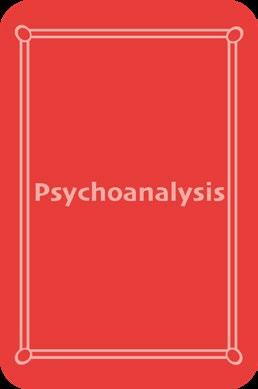
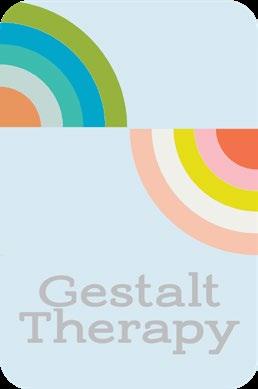
When working with a CAM™ Provider the outcomes that can be supported include: slowing down, understanding of their presenting concerns/ symptoms in relationship to the living systems they are a part of, building better relationships with self, improving over-all functioning, strengthening sense of reciprocity, increasing sense of belonging, a practicing responsibility, connecting with ancestral wisdoms, and increasing comfort with vulnerability.
We believe that CAM™ is a foundational theoretical orientation in which the professional is dedicated to working on their own healing, growth, and ancestral work. They invest in providing a trauma informed and healing informed therapeutic use of self to best serve their relatives (clients) as they walk with their own healing journey. Together we are the medicine.

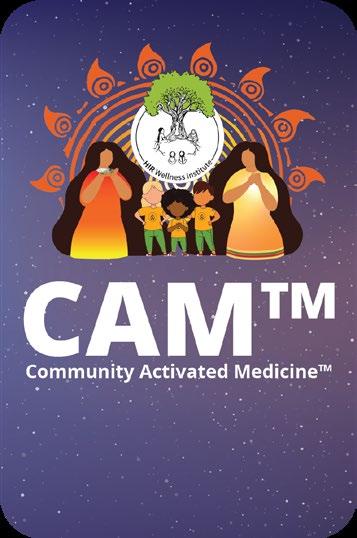


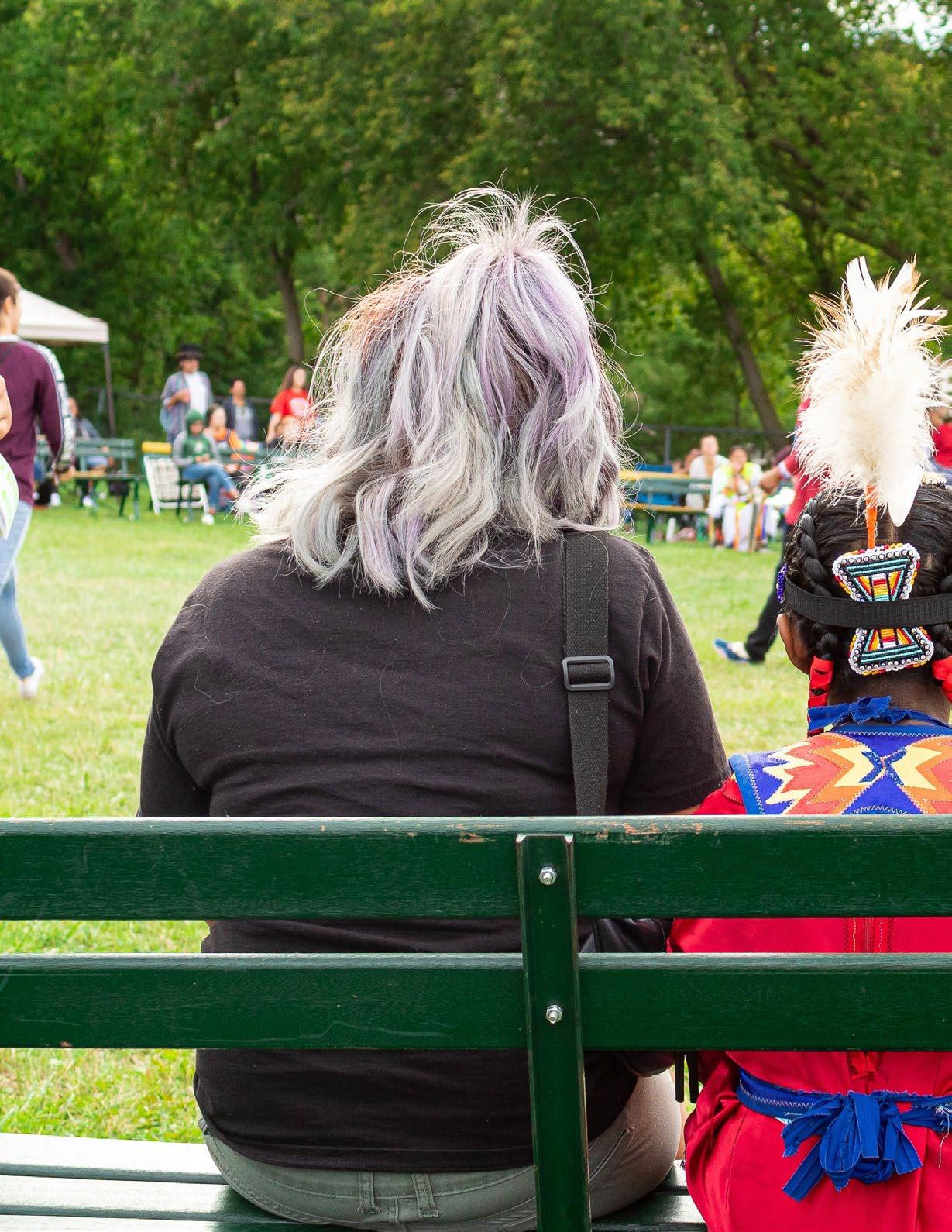
Abbreviated to PTSE™, these are everyday environmental traumatic or stressful events that negatively impact ones mental, emotional, spiritual, and physical health outcomes. This is repeated and regular exposure to toxic surroundings and systems that are felt, seen, heard, and interpreted by the individual as inescapable barriers or hardships. (Denny, L. S., 2016e)
Accompanies historical trauma and can be associated with historical trauma responses. These are a constellation of features in reaction to massive group trauma. This response is observed among Lakota and other Native populations, African American Slaves and their descendants, Jewish Holocaust survivors and descendants, Japanese American internment camp survivors and descendants. (Dr. Maria Yellow Horse Brave Heart, 1998)
Learn more about the PTSE™ and history of Indigenous communities in the USA.
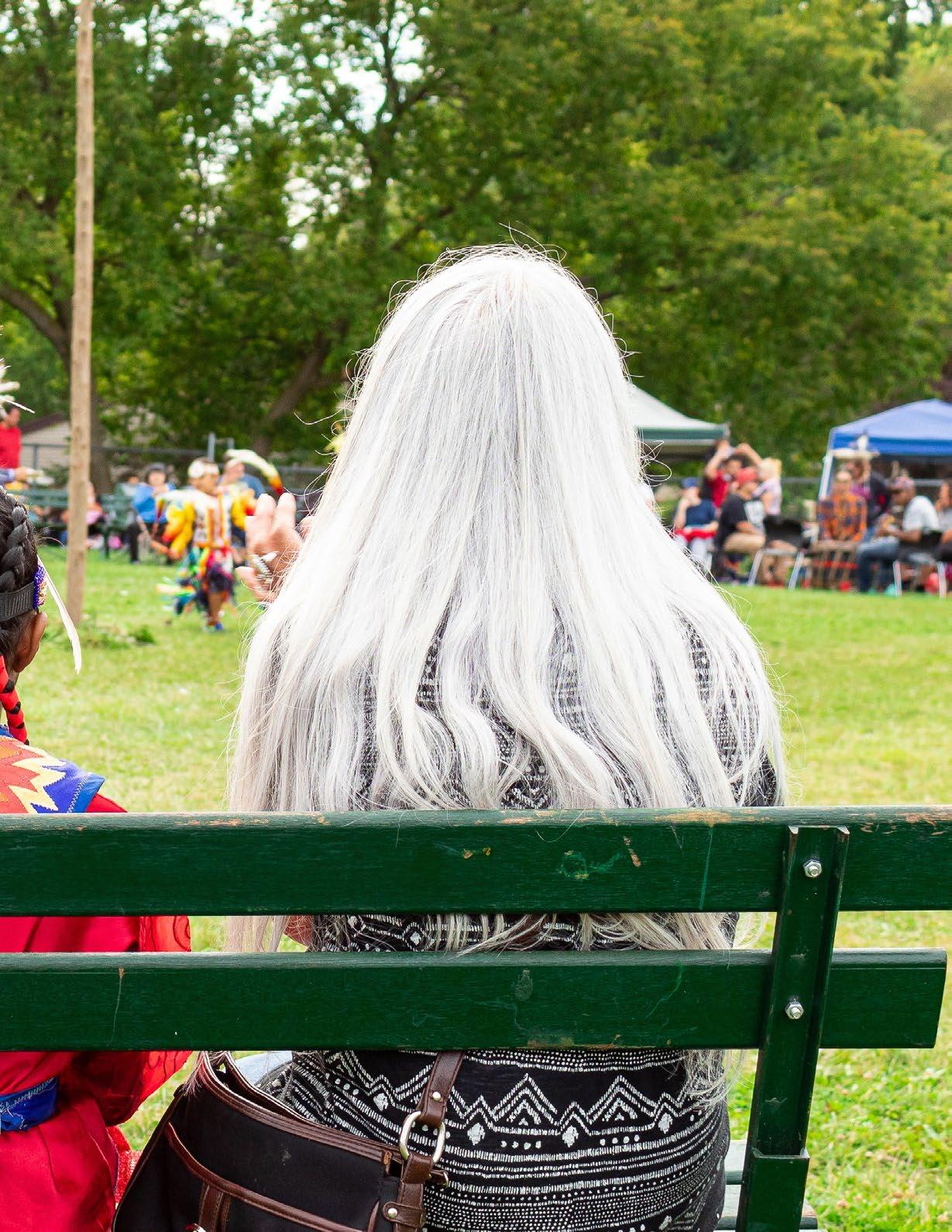
Missing & Murdered Indigenous Women and Relatives
Federal Indian Boarding School Report by the Office of Secretary of the Interior Deb Halaand
Written by Lea S. Denny
We focus on shifting the paradigm around mental health service delivery through a decolonial and demonetizing value-based practice of Community Activated Medicine™ (CAM™). This includes a new approach to shifting from a primary care space in four walls to community-based care through the Mental Health Without Borders™ Approach. This groundbreaking model is changing the way we see service delivery as we know it today and breaking systemic barriers to accessing therapy, providers, and culturally responsive mental health care.
It is said that a generation is roughly 30 years. Mental health started in the 1950’s, and this means that we are near the end of the “3rd Generation” in understanding our practice of mental health care as we know it today. The first generation focused on concepts of post-war traumas and individualism. The second generation focused on problematic behaviors, pervasive symptoms, pathology, and the introduction of Adverse Childhood Experiences (ACEs) and the impacts of childhood trauma. We are close to entering the “4th Generation” of mental health care and it is time to answer the call for collective and scalable solutions for
what mental health will need to be for the next 30 years and beyond.
The Seventh Generation Principle is based on the teachings of the Haudenosaunee people. Many tribal nations have their teachings rooted in intergenerational care that centers decision making that considers a sustainable and healthy world seven generations into the future. Shifting our focus from linear, individualistic, and one directional care liberates us from “here and now” thinking and invites us into a practice of thought that honors our ancestors, sees our children, and protects our future for generations to come. Shifting the narrative and reclaiming what mental health means for people of the global majority who have been impacted by colonial traumas, systemic oppressions, and historical trauma is legacy work.
Join us on this “4th Generation” mental health movement on deepening the conversation around practice, pedagogy, and process for Healing Intergenerational Roots (HIR) for community belonging and mending the social fabric of generational grief. It is time to call ourselves back home. Illness becomes wellness, when I becomes WE.
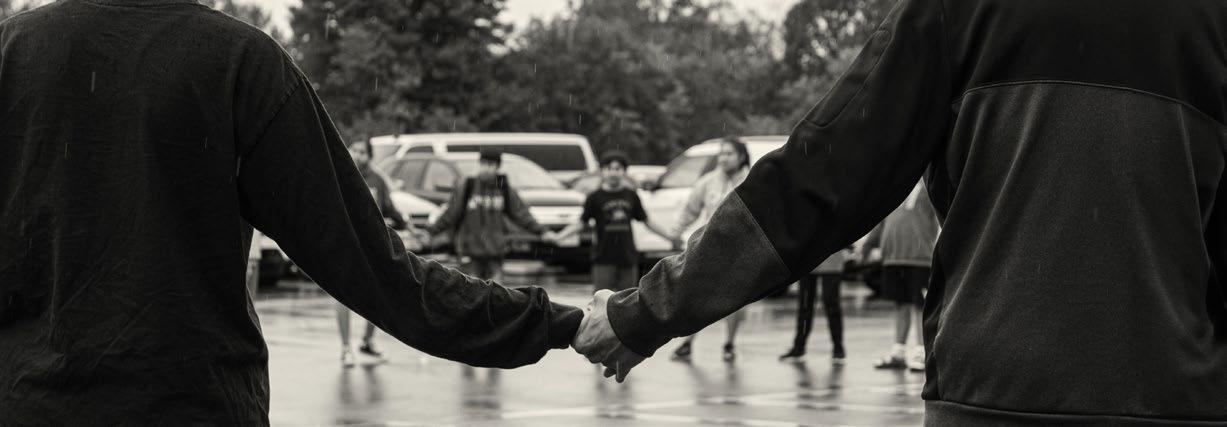
ne r a bel Responsible

Community perpetuity

Community actualization


Community belonging

Transcendence
Self actualization
Aesthetic needs

Need to know and understand
Esteem needs
Belongingness and love needs
Safety needs
Physiological needs
It is a known understanding that many Indigenous teachings were grossly misunderstood by colonial settlers and that ways of governance and teachings, that were of value to them, were stolen to be marked as an individual’s ideal of their world view. Hence, “the finders keepers” rule. Abraham Maslow was no exception to this co-opting of ideas from Indigenous people. He first introduced a concept of a hierarchy of needs in his 1943 paper “A Theory of Human Motivation”. What has not been taught in the history books is that his understanding of human needs was based on ancient Indigenous teachings that Maslow learned from the Blackfoot Nation and ultimately did not credit any of their Indigenous wisdoms within his work. Maslow’s work was incomplete leaving at “self actualization” which was just the start of the next true phase of community well belonging. Maslow’s Western-Eurocentric worldview did not go beyond individualism. The true teachings of the Blackfoot Nation are taught across a lifetime and passed down through the generations. The idea of “self-actualization” is the myth, this is not the destination. It is part of the necessary process to community perpetuity. According to the Blackfoot Nation teachings this would be achieved around early adolescents. From there youth go through rites of passage in becoming a participating community member. This next phase would require learning, lessons with Elders, and understanding that your role in your community matters. The goal was never to be “self actualized” rather to be self-aware to be able to see others and to learn how to be a good relative and how to live in a good way. These teachings are more relevant today in 2023 than ever before.
We recognize and acknowledge the Indigenous teachings of the Blackfoot Nation. The Blackfoot Nation’s concept of the omni-dimensional reality better integrates self, kinship, and community developmental needs. HIR Wellness utilizes indigenous teachings and knowing to better support and teach the CAM Framework™. Expressed here is the teaching of reciprocity and a foundation to build sustainable wellness within our communities.
(Lea S. Denny, 2023b) Inspired by the work of Huitt, 2004: Blackstock, 2008: Wadsworth
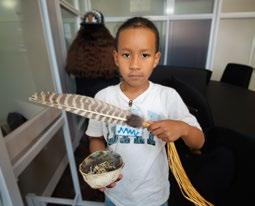
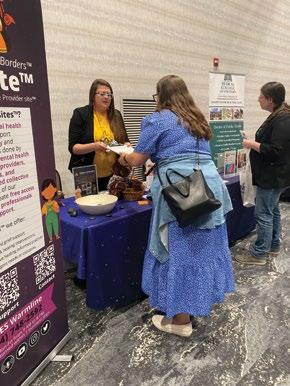


An anti-racist therapeutic decolonial approach is imperative to the health-justice and liberated historical trauma healing work that we do. All our services and programs are free and work towards increasing positive relational connection, health justice, and deepening a sense of community well-belonging. Our CAM™ Mental Health Without Borders™ Approach (Denny, 2020) allows us to create a living network that invites multiple providers to support our relatives through what we call a Circle of Care™. We offer mental health services beyond the four walls of the therapy office and bring our providers into community spaces to meet the needs of our communities. On average, our relatives (clients) receive 5 hours of therapeutic care services a week compared to the 1 hour of therapeutic care in traditional mental health care models.
Healing the body:
Occupational Therapy
Mental health is occupational therapy (OT). We offer traumainformed OT services with a specialization in working with those who are neurodivergent including: Autistic, ADHD, Dyslexic, learning

disorders, Sensory Processing and Sensitivity issues, and those who have Intellectual and Developmental Disabilities, and who are all also victims of violence. Our evaluation process is focused on finding out what the survivors and their family members want and need by identifying the factors that act as supports or barriers to the way they want to be in the world. This includes having intentional training around how developmental trauma impacts one’s sensory system and sensory needs. Survivors of violence often have overwhelmed and depleted sensory systems that need support in regulation, safety, and stabilization. OT services are often our first line of defense in supporting their mental health needs.
Healing the mind: Mental Health Counseling
Mental health is counseling. We offer a variety of counseling services including individual, family, and group therapies that are culturally inclusive, informed by the nuerosequential model, and trauma-informed. We provide healing from complex and developmental trauma, sexual assault, domestic violence, intimate partner violence, MMIWR and substance use recovery. We

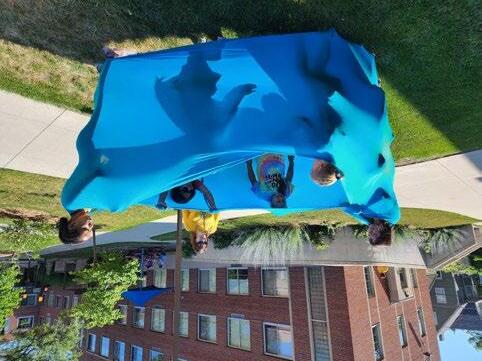
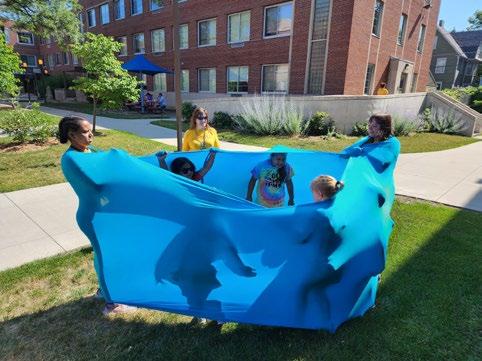
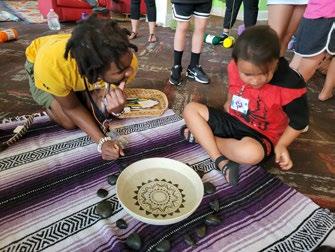
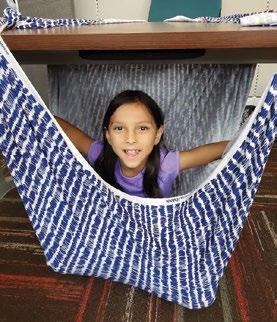
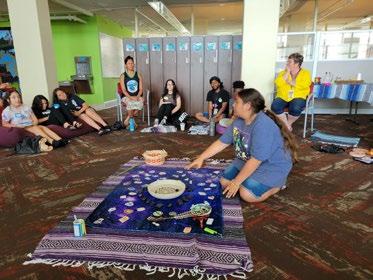

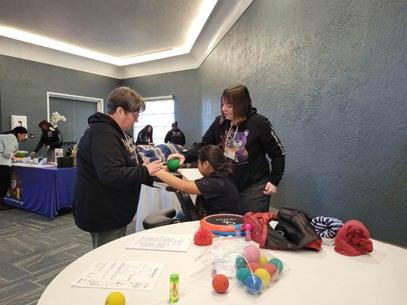
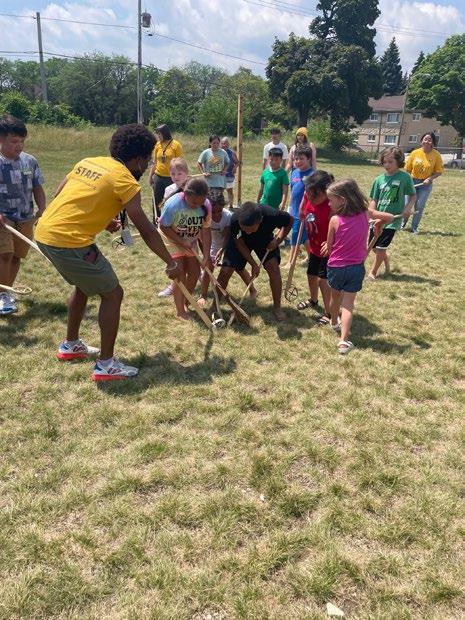




include medicines that support ancestral, cultural, and traditional healing ways. We work closely with our relatives to listen to their stories and identify what they are seeking to heal from. Together we co-create their therapeutic web of care services and activate their Healing Passport™
Healing the Heart: Advocacy
Mental health is advocacy work. We are thoughtful on how to provide the best way to serve through crisis stabilization, legal and victim advocacy with partnering agencies, and victim services through our advocacy and Community Advocate Resources Emotional Support (CARES) warm line, and when ready, the option to receive additional therapuetic services.
the impact of MMIWR, suicide, homicide, overdose, or illness it is often coupled with other countless unmeasurable losses. This can become a collective and communal grief. Although this affects everyone differently it is felt as a people. We hold space for our relatives to grieve, heal their hearts, foster relationships, and improve their community wellness. This is CAM™.
“Grieving is not done alone; it takes a community to hold space for the mourned.” - Lea S. Denny
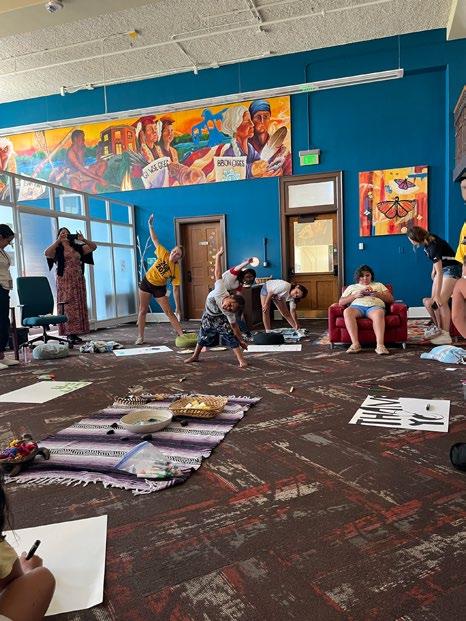
Grieving takes time, and continued space to cope with the loss, heartache, confusion, shock, and disbelief. Grief is complex. It
“Advocacy is the ability for one person to hold space for another person who is having a rough time. It might mean the advocate is holding someone’s hand, assisting with remembering medical instructions, possibly calling and making appointments for that person. It depends on what that person needs, and we who are in advocacy provide what assistance we can with compassion, love, and dedication to the person who’s been hurt.”
- Barb Blackdeer Mackenzie, Ho-Chunk Tribal Member
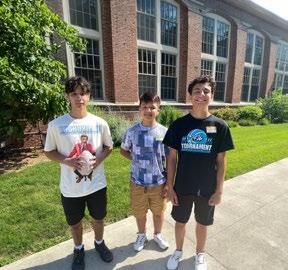
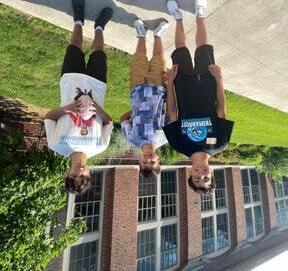

Unique to our services is our Tribal Trial Law Certified Native American Advocate on our team.
Healing the Spirit: Community Grief Work
Mental health is community grief work. When grief has hit an entire family or community from

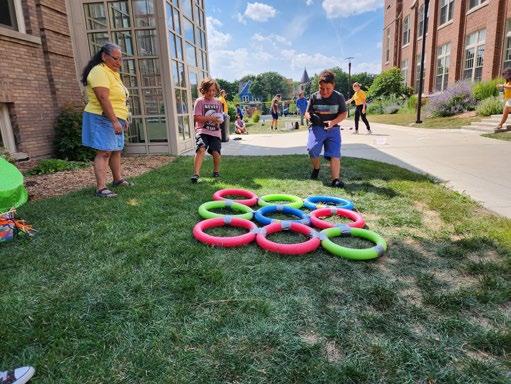
can be connected to losing a person in your life or to losing something that you are missing in your life or community. Grief can’t always be easily identified and can be disenfranchised, anticipatory, and unresolved. There may even be unseen parts of your grief that you hide from others and yourself.


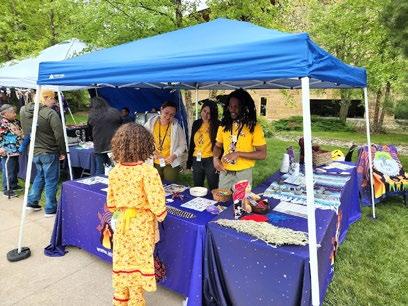
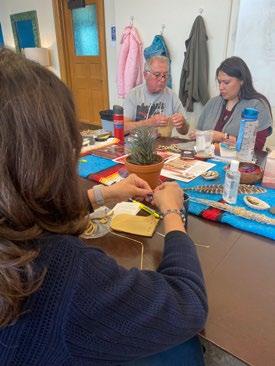
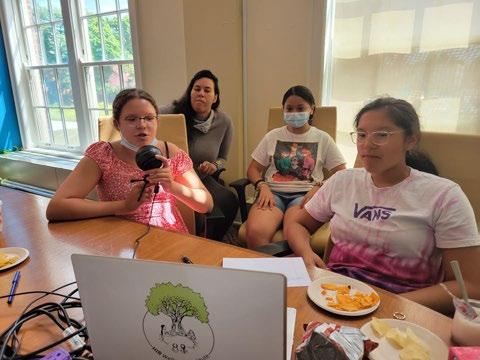


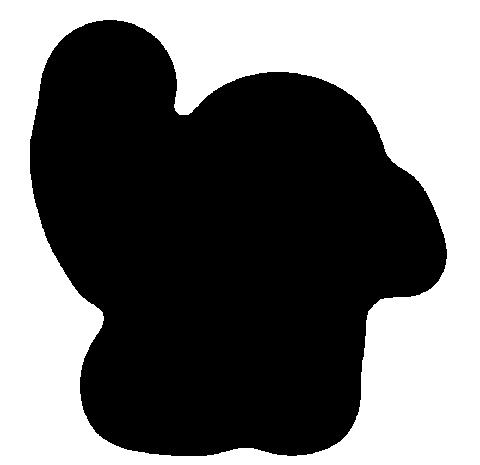












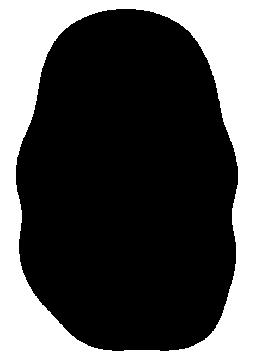



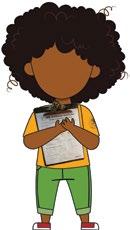



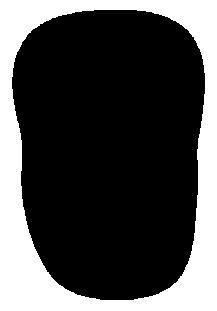













Community Activated Medicine
Provider Sites™ are part of the Mental Health Without Borders™ programs developed by Lea S. Denny. These are mental health hubs that pop-up in community Lighthouse spaces to support immediate community and relational care. This is done by bringing licensed mental health and trained wellness providers, community
healers, and advocates to shared collective spaces. This program provides free impactful services by increasing access to mental health professionals, increasing help seeking, and destigmatizing mental health services.
Desmond Tutu has said “There comes a point where we need to stop just pulling people out of the river. We need
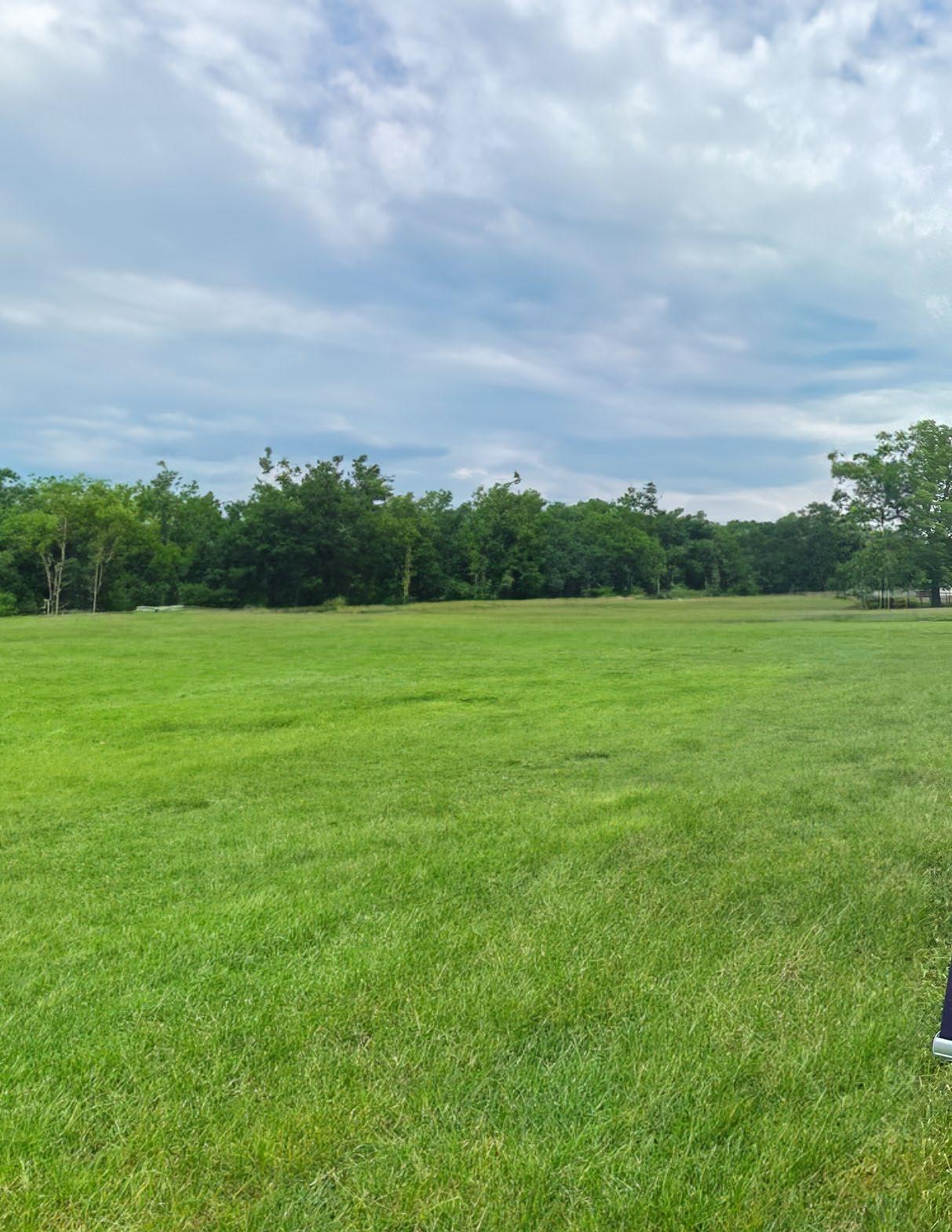
12+
CAMPsite™ Team Staff + interns
100+
Virtual & In-person CAMPsites™ since 2017
72,000+
Therapeutic connections made at our CAMPsites™
A therapeutic connection utilizes a holistic, strength-based, and relationally centered practice of care. This is about providing a dose of support that creates a genuine and thoughtful connection. This can be achieved through the use of attunement, active listening, providing intentional resources, and other healing informed practices. (Lea S. Denny 2023)
to go upstream and find out why they’re falling in.” CAMPsites™ are not just shifting the way we bring resources to a community, but how we develop an embedded system of sustainable care for our communities. This is part of a larger vision to impact future generations and our community of workforce professionals. CAMPsites™
are not just shifting the way you see mental health support in your community, they are systemically shifting the way you receive mental health support in your community. Learn how you can support the work that we do by contacting CAMPsite™ Supervisor, Xavier Smart at XSmart@HIRWellness.org.
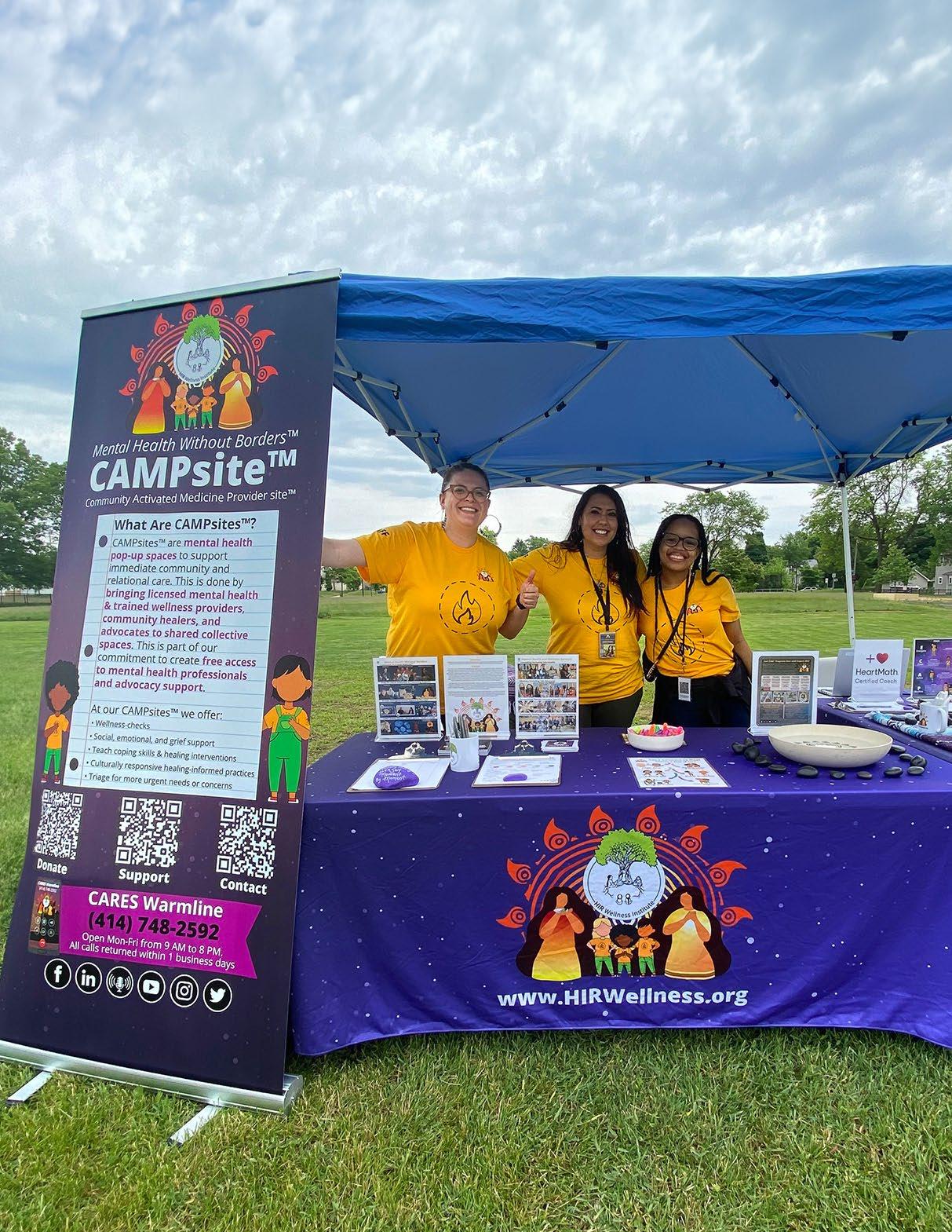
Learn how to become a CAMPsite™ Volunteer at the Mental Health Without Borders™ Forum on September 27-29, 2023. Learn more on page 23.
At HIR Wellness Institute we provide internships where clinical and community based mental health intersect utilizing an integrated, interdisciplinary model of care for victims of violence. Join us in removing the barriers to care through creating a system that thrives on our healing and wellness not our illness. We do this by liberating financial burdens, increasing provider support, and bringing helpers and professionals into community settings. This is achieved through utilizing one of our largest “workforces” made of volunteers (helpers) and interns in an intentional reciprocity model. The model is simple, we care for those who care for others and together we create a community that cares for one another.
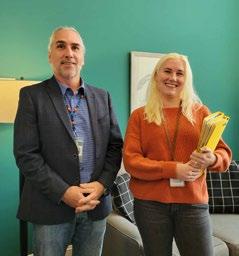
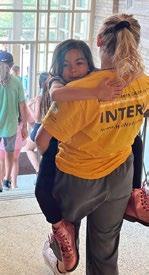


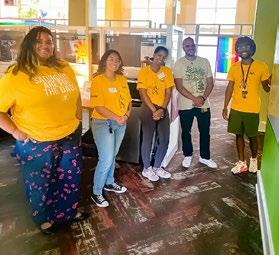
In 2021, 60.7 million adults volunteered 4.1 billion hours
To do this we need to create a new paradigm that invites us into a new wave of caring for our workforce and those entering in it with more compassion, professional investment, and centering a collaborative work community.
In 2023 there will be an estimated 4.1 million internships in the United States What our interns take away from their placement with us is more than internship hours. They walk away with seeing their practice differently. They begin to see themselves in the work that they do with more intentionality, and they learn Community Activated Medicine™.
Learn more about our internships at HIRWellness.org/masterclass
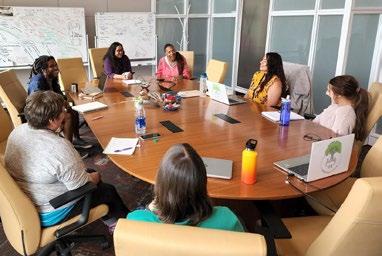
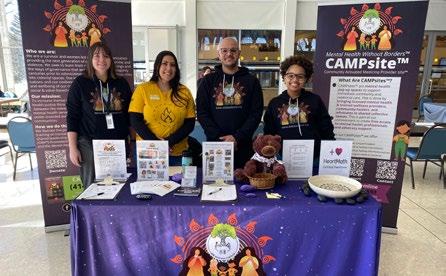
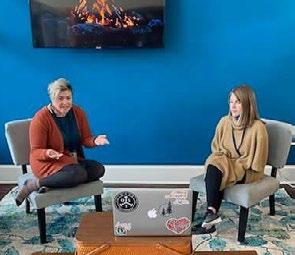
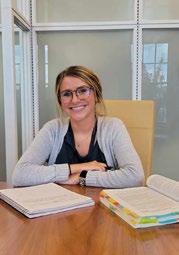
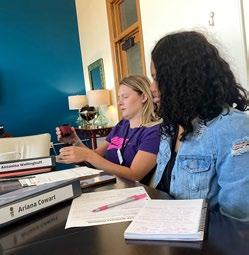
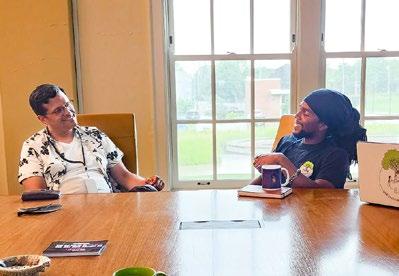

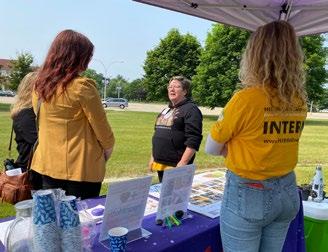
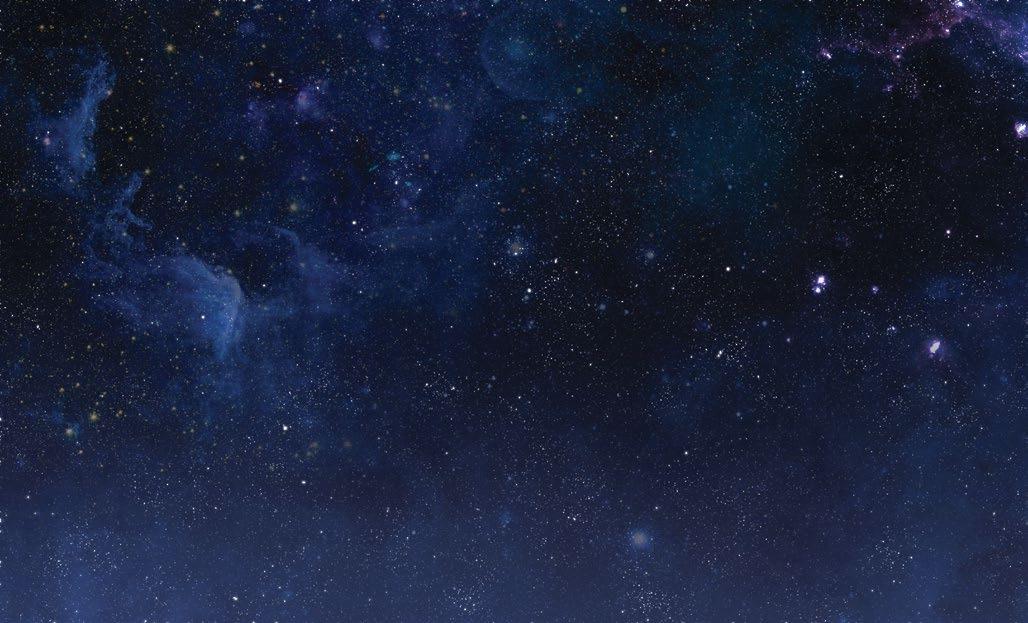
Mental Health Without Borders™ Forum
September 27-29, 2023 HIRWellness.org/mhwb


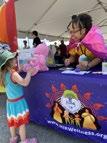




Join us for a groundbreaking event dedicated to exploring innovative approaches and solutions for mental health on a global scale.


Indigenous Wellbeing Conference
October 30-31, 2023 anzmh.asn.au/iwc
Join our CEO & Founder Lea S. Denny as a keynote presenter on “How CAM™ Heals Historical Trauma and Communal Grief” and visit our first international CAMPsite™ in Darwin City, Australia

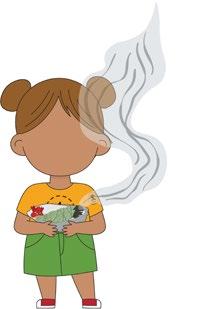
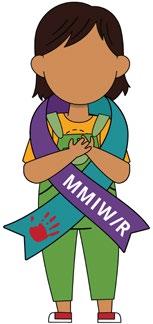
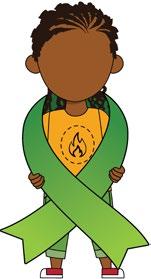

7th Annual CAM™ & Red Sands Events
November 18, 2023 HIRWellness.org/redsands
We are here to call-in our survivors, helpers, and healers, to take this time for you to fill your heart, mind, body, and spirit with good energy.
Hotlines
Often called “crisis lines” or “crisis hotlines” are phone numbers people can call to get immediate emergency telephone counseling, usually by trained volunteers. They are free phone services that provide confidential emotional support to people in suicidal crisis or emotional distress.
National Suicide Prevention Lifeline (800) 273-8255
Nacional de Prevención del Suicidio (888) 628-9454
HIR Wellness Institute CARES Warmline (414) 748-2592
A phone line operated by the HIR Wellness Institute. Open Monday-Friday from 8:00 AM - 6:30 PM. All calls are returned within 1 business day.

Warmlines
A warmline is a phone number people can call to get support and learn about available mental health and recovery resources. They are free phone services set up to connect callers to clinically supervised and trained mental health advocates including social workers who provide non-urgent emotional support.

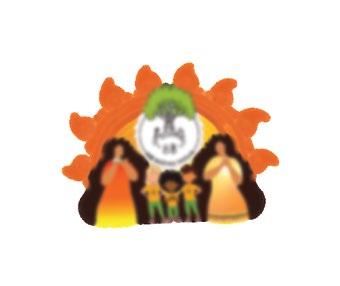

Suicide & Crisis Lifeline
Text: 988
The Trevor Project Hotline (LGBTQ+) (866) 488-7386
Text: START to 678678
Wisconsin HOPELINE™ Text: HOPELINE to 741741
Offers emotional support & resources before situations rise to crisis level.
StrongHearts Native Helpline (844) 7NATIVE | (844) 762-8483
24/7 confidential and anonymous phone line and online chat. A domestic and sexual violence helpline for Native Americans. Offering culturallyappropriate support and advocacy.
Iris Place (920) 815-3217
Open Monday-Wednesday this helpline social support for Wisconsin adults experiencing emotional distress related to mental health and/or substance use.
Solstice House (608) 244-5077
For adult residents in Wisconsin, peer support focused on mental health or substance recovery.
Below is an impact statement from Jamie Chapman, survivor and sister of Erica Chapman, who lost her life to intimate partner violence. Jamie and Erica’s children were the MANA NOW 2022 recipient family. We encourage you to learn more about our unique social justice action award MANA NOW at HIRWellness.org/mana.
“Dear friends, my name is Jamie and I am a member of the Lac Du Flambeau Tribe of Chippewa Indians. It is my honor to share with you my story of gratitude and love for the team members at HIR Wellness Institute. This story starts years ago with the death of my mother, and two older sisters. Their loss left me in a dark place. Devastated, I carried on for my four children. As I slowly healed, another tragedy, the murder of my sister in a domestic violence incident, shattered my heart once again. My sister had 8 children and I immediately made the decision to take in and raise her four minor children. I wasn’t sure how I would do it because I was spiritually broken. How could I find a way to navigate my own grief, the grief and trauma of the children, while now raising 8 children?
“I needed help and thankfully I found that help with HIR Wellness. When I first went to HIR Wellness in 2022 I didn’t know what to expect and didn’t even know about the resources they offered. I still remember our first meeting. We smudged and then we sat and cried as we shared stories. When I left that day I felt something that I hadn’t felt in a long time. Hope.
“Since then they have been my champions. I’ve received counseling for myself and the children there and was introduced to reiki therapy. They’ve provided advocacy for my sister’s murder, our guardianship case, and helped us find two great lawyers. The kids have been engaged in cultural activities like Gatherers of Tradition there. They helped us organize a community feast and domestic violence awareness event for the community and have done so much more. They have been there for my family at every step of the way. I can never thank them enough for all they’ve done for us and for others in the Indigenous community. I cannot thank the community enough for its support. Without it, my family and I would not be on our healing journey. We would not have the hope that we have today for a better life. Thank you.”
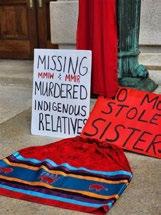


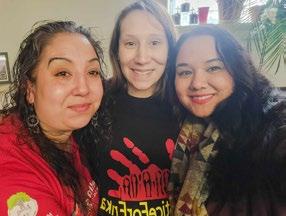
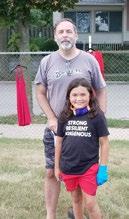
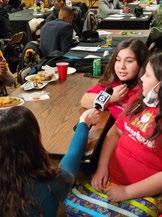
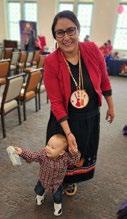

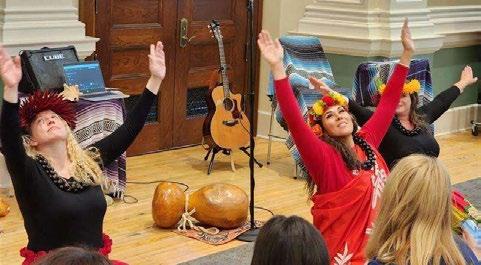
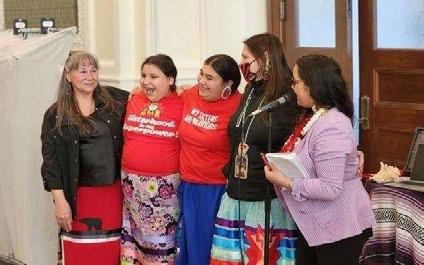
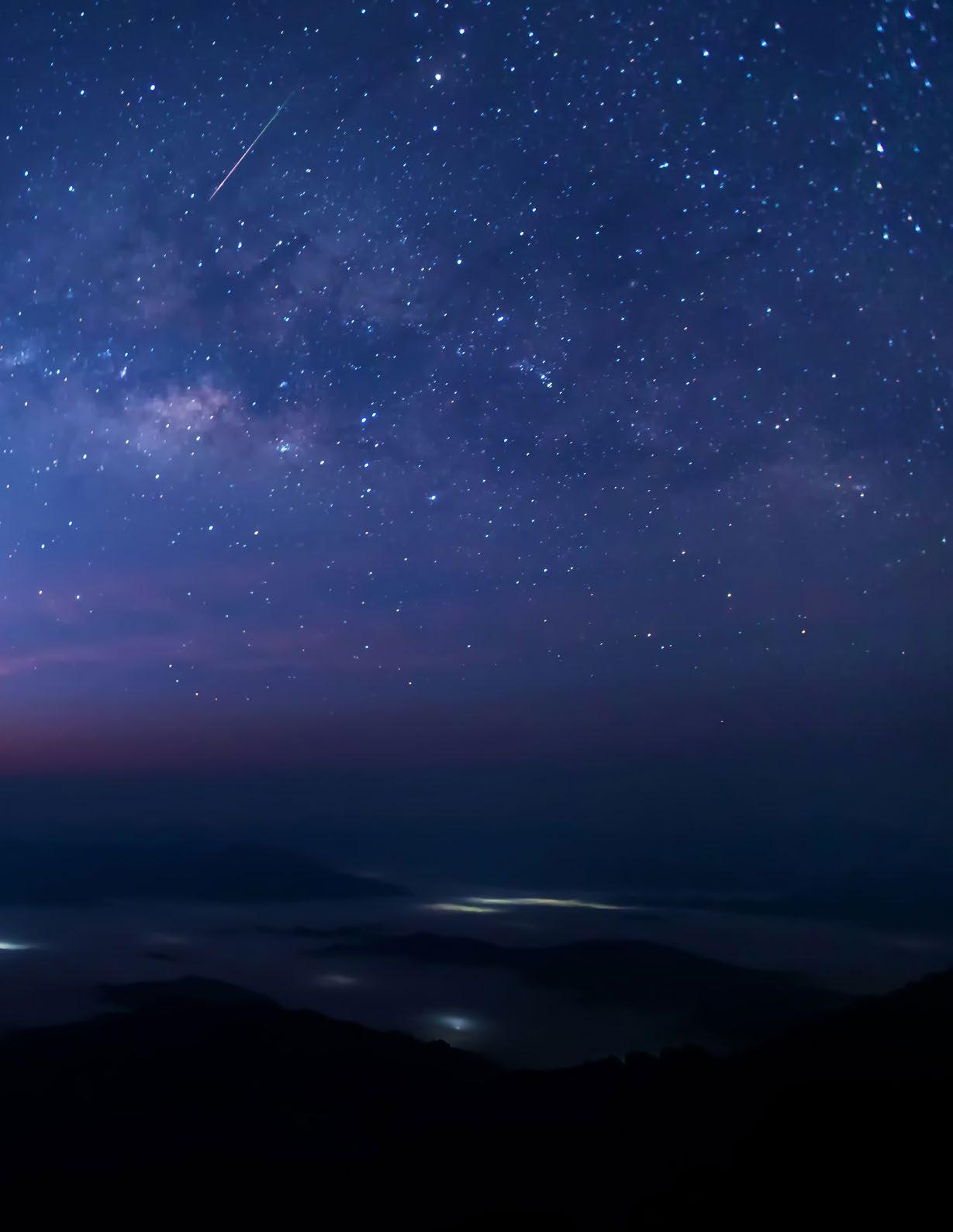








Help bring our Daughters of Tradition (DOTS) Indigenous Girls Leadership group to the United Nations.
Our girls are on a mission to share their voices around Indigenous mental health and wellness. This includes the different ways their mental health is impacted not only by family stressors, school, or peers, personal trauma or adversities but also by Persistent Toxic Systems and Environments™. This is a term to look at the interplay of historical trauma, intergenerational trauma, grief, systemic racism and oppression, community violence, loss of land, language, cultural ways, loss of stewardship for protecting land, animal, and plant relatives.

DOTs meet the Secretary of Energy
Jennifer Granholm June 15, 2023
Indigenous mental health is more than an individual experience that can be reduced to oversimplified symptoms of distress. It is often felt as a collective wounding that impacts their families and communities intergenerationally, and the environmental systems where they live. Our girls will expand the narrative and conversation around what Indigenous youth mental health means to them, how to improve their relational health outcomes by being a good relative to one another, and how to be good stewards of environmental rights and justice. Their wellbeing and healing is interconnected to their ancestors post traumatic wisdoms and the web of life that connects us all.
Listen to our N8V-T Youth Podcast (pronounced Native Tea). There’s an episode waiting for you now!
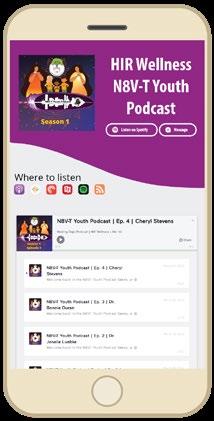

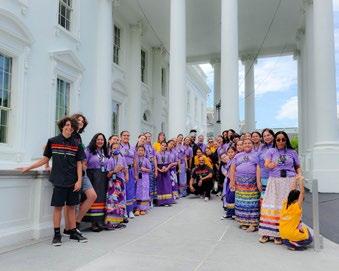
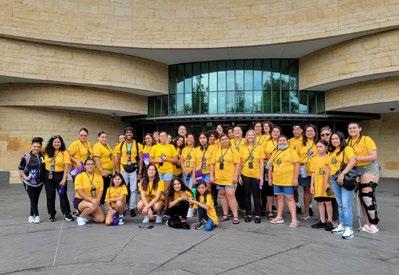
From Washington D.C. to our next trip to United Nations - NYC
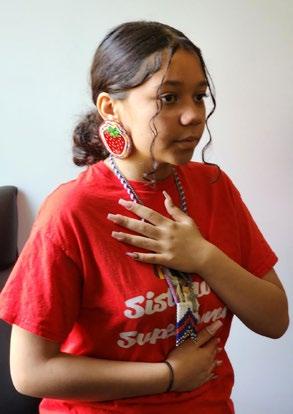
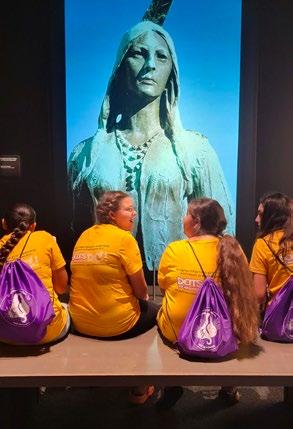
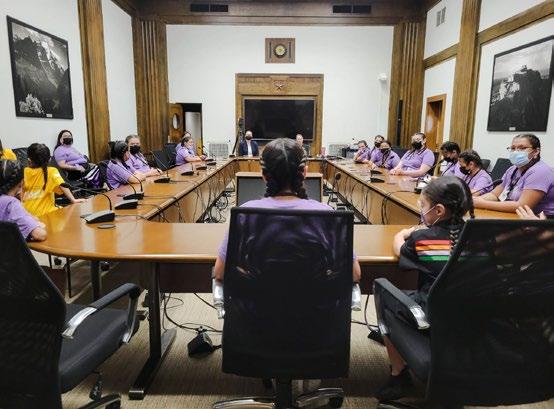
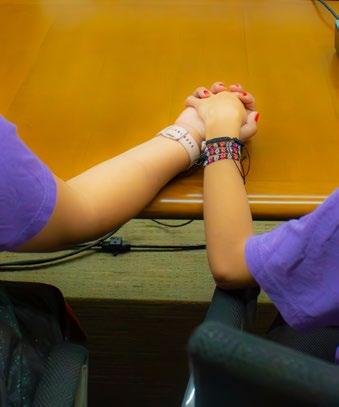
$100,000
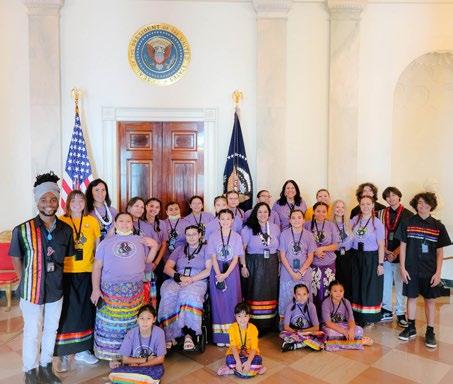
Help bring us to United Nations, donate now!
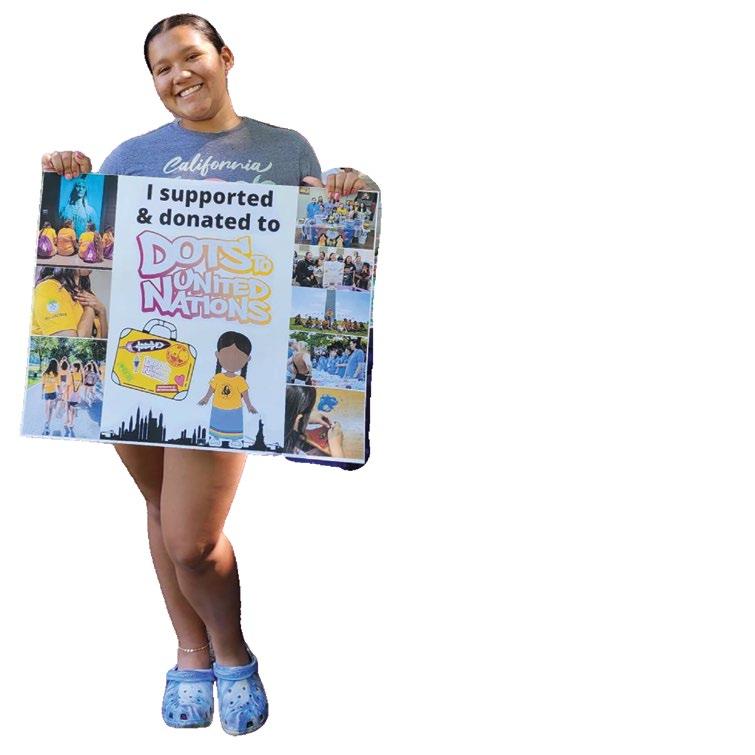
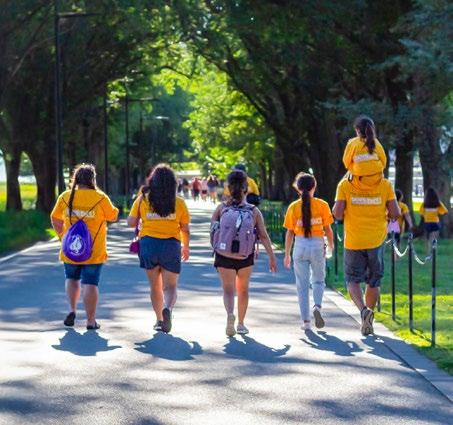
Written by Lea S. Denny
At HIR Wellness Institute we believe that our communities are resilient and strong. However, trauma, loss, Persistent Toxic Systems and Environments™, and grief continue to negatively impact our communities. The added burden of historical trauma continues to follow the lives of so many - leaving a chain of pain for generations to come. We believe that healing our communities looks like mental health services that address the unique needs and priorities of those we serve.
In addressing these concerns, we believe in seeking community input through focus groups, community review boards, and Children’s Fire counsels when developing our services, programming, and providing to our community research that supports community-thriving. HIR Wellness Institute is stewarding a new and dynamic movement towards creating a mental health practice that is community-based and honors community values-based healing practices and informs counseling recommendations.
Our vision is to create a culturally responsive and informed mental health practice. In doing so, identifying best practices through culturally responsive Practice Based Generating Evidence approaches to inform our process. By utilizing this form of research, our community is joining this movement. They are supporting the healing process of those walking with us today and for generations to come. It is our honor to walk alongside our Indigenous leaders, scholars, creatives, storytellers, advocates, gatherers, Elders, grandparents, parents, healers, and warriors.
Together we address the root causes of the systemic ills that continue to bring unwellness into our communities.
This has been described as a range of treatment approaches and supports that are derived from, and supportive of, the positive cultural attributes of the local society and traditions. These services are accepted as effective by the local community (through community consensus) and address the therapeutic and healing needs of individuals and families from a culturally specific framework.
Practitioners of practice-based generating evidence models draw upon cultural knowledge and traditions for treatment and are respectfully responsive to the local definitions of wellness and dysfunction. Practitioners of practicebased evidence models have fielddriven and expert knowledge of the cultural context of the community, and they consistently draw upon this knowledge throughout the full range of service provision: engagement, assessment, diagnosis, intervention, and aftercare.
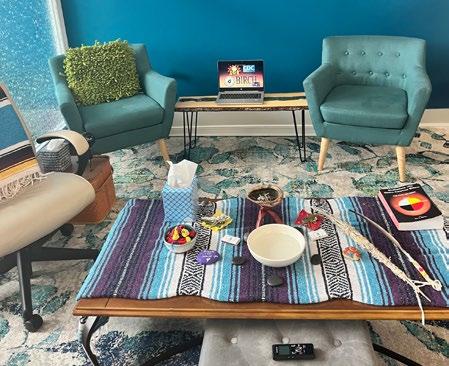
“Lea and her team at HIR Wellness is the epitome of communityengaged research. It is groundbreaking and innovative. The community is a part of every step of the process from the development to the dissemination. HIR Wellness Institute’s approach to research comes from empathy, healing, and understanding - the essence of community engaged work.”
- Courtney Barry, PsyD, HIR Wellness Institute Board Treasurer; Director of Interprofessional Education (IPE) for the School of Medicine; Assistant Professor; Department of Psychiatry and Behavioral Medicine; Department of Family and Community Medicine; Medical College of Wisconsin
“Community-led research activities are based in community trust and authentic engagement throughout research projects. Lea and her team uphold respect for the community in all research activities. HIR Wellness Institute makes space for the community to lead research processes and ensures their involvement in key decision making.”
- Dr. Jessica H. L. Elm, MSW, PhD Citizen of Oneida Nation, Stockbridge-Munsee Band of the Mohicans
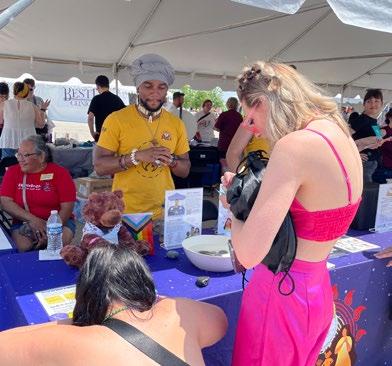

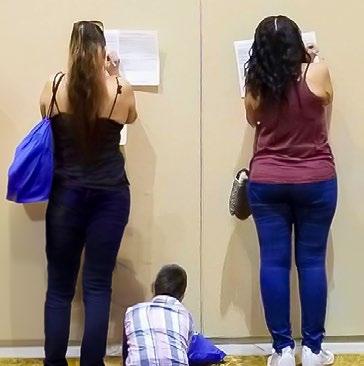
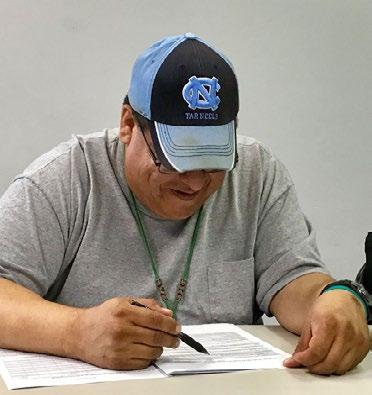
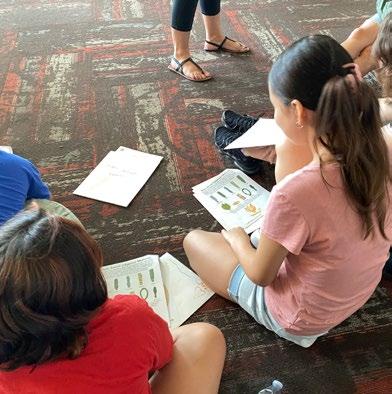
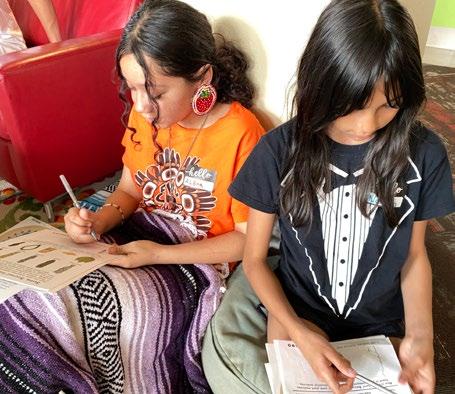

HIR Wellness Institute was created from the seminal work of our founder Lea S. Denny’s Master thesis research on healing historical trauma. Our core healing principles are informed by our community member voices and their experiences on the impacts of historical trauma, intergenerational trauma, and PTSE™ has had in their lives. Many in the field of trauma informed research focus on the lifetime impact of ACEs and the cycling of chronic health issues that often ensue later in life. Promising in the evolution of this body of work is the further interest in the effects of positive childhood experiences, relational health, and community support services as factors of social determinants of health and resiliency.

In our research we deepen our understanding of the impact of transgenerational trauma transmission. We do this through better understanding what is causing a family, kinship system, or community so much unwellness that they are not able to be well-caregivers. To understand this, we must understand the importance of PTSE™ and Historical Loss and Associated Symptoms of chronic inequities, injustices, racial trauma, and disease and deficit centered research. We seek to better understand our community, and provide practice based generating evidence research to inform and guide the work that we do.
“The amazing, heart-driven team at HIR Wellness engaged with our research team to conduct a formative research study exploring protective factors against adverse childhood experiences and substance misuse in Indigenous communities.
“Before partnering with us, the team led a Children’s Fire, through which community members thoughtfully interrogated all aspects of the study to ensure it protected women and children and served to activate healing within the community. The study was profoundly improved by HIR Wellness’ partnership, knowledge, and use of the CAM Framework™, and our research team will partner better with Indigenous communities going forward from this experience with their amazing staff.”
- Erica Blue Roberts, PhD, MHS Senior Research Associate



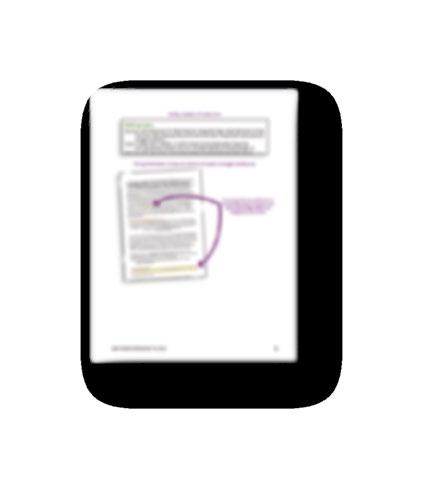
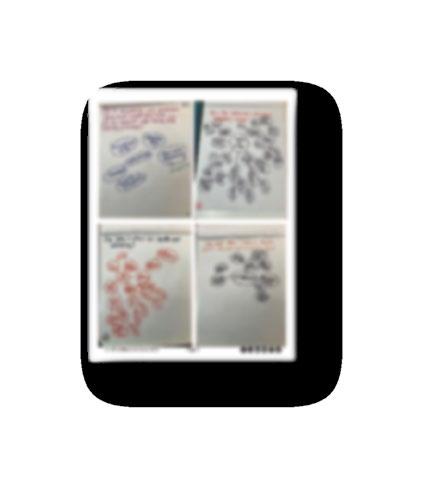
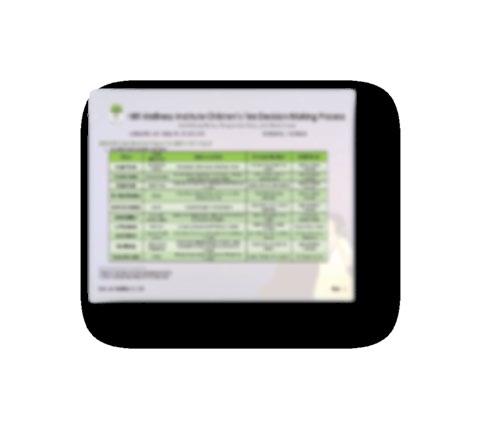
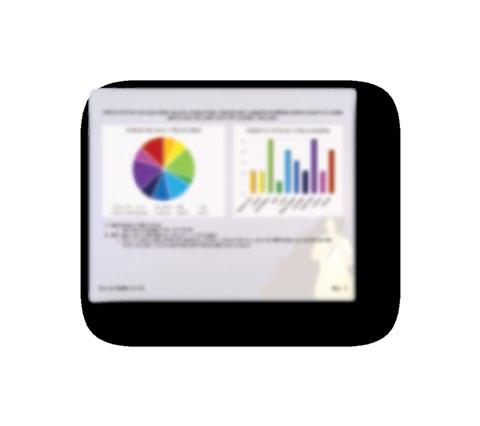
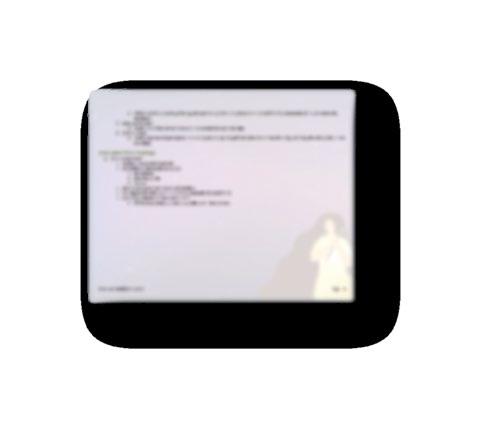

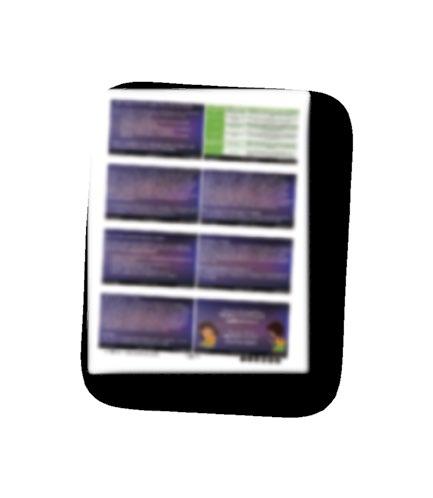

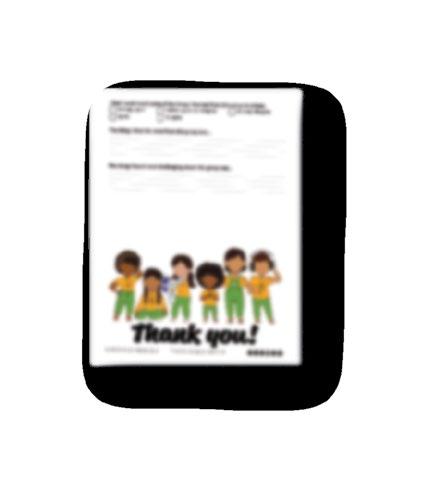
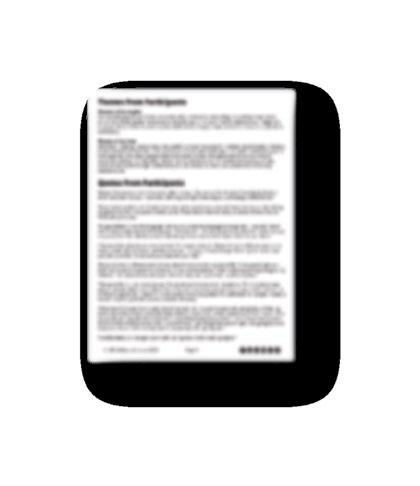


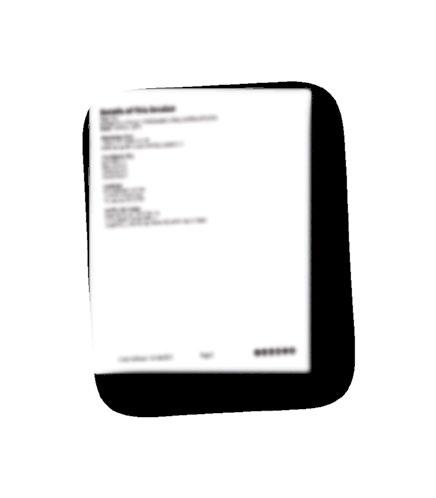
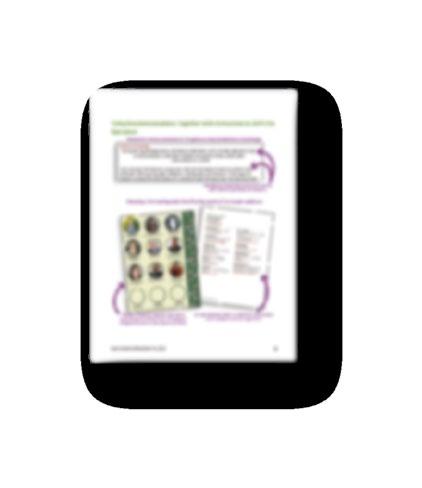


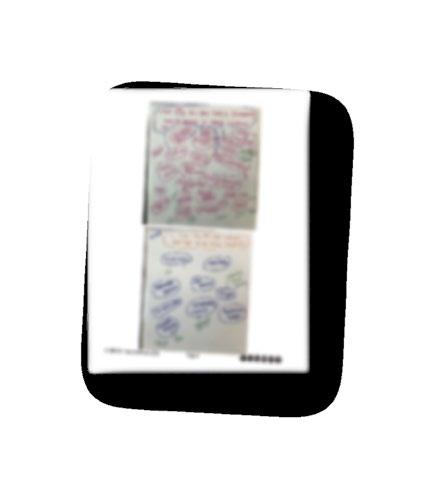

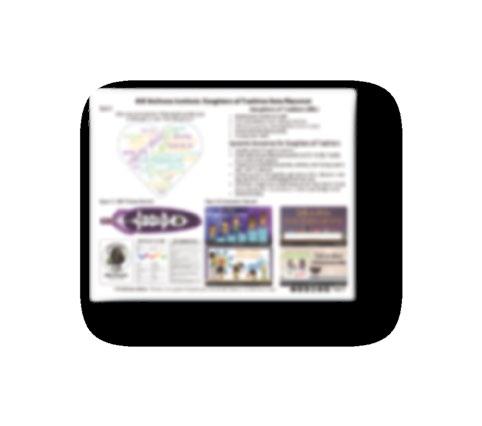
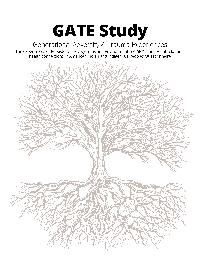





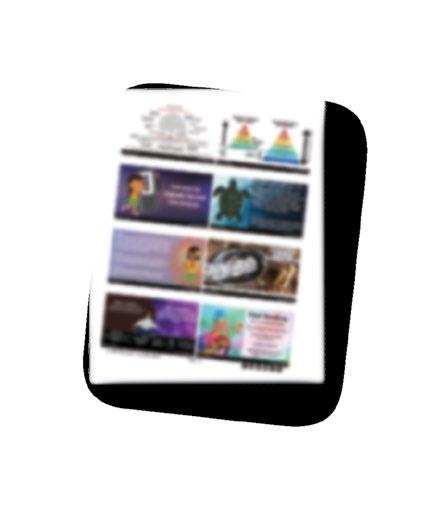
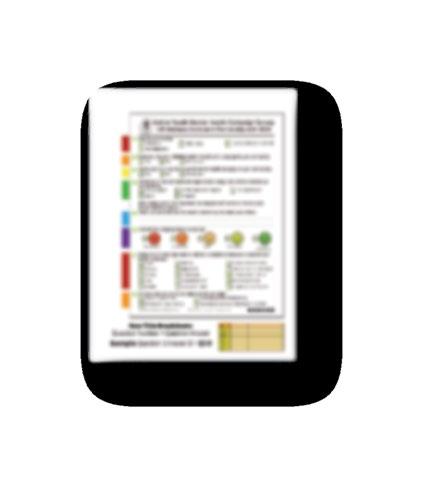


“HIR Wellness is a wonderful, giving organization that has provided me and my family with care and solid advice that I couldn’t easily find elsewhere. The amount of time and care that they dedicated to me blew me away. They helped me with the beginning processes of healing, finding legal resources and a child therapist for my kids, as well as giving me sound advice on how to help them and to be kind to myself. Most importantly, they offered a me a listening ear that truly helped me find my way through my family’s crisis. I strongly recommend them as a place to start if you find yourself in an impossible situation as well, because they will help you to make it more manageable, too!”
- Nicole Centgraf, (From Google Reviews)
“HIR Wellness does AMAZING work! They use a holistic approach to support mental health and overall wellness. Their work in the Native communities, survivors of crime and their families, and raising our youth to become future leaders is their passion! They do all of this work without EVER asking for payment or proof of insurance.”
- Terry Grogan, (From Google Reviews)
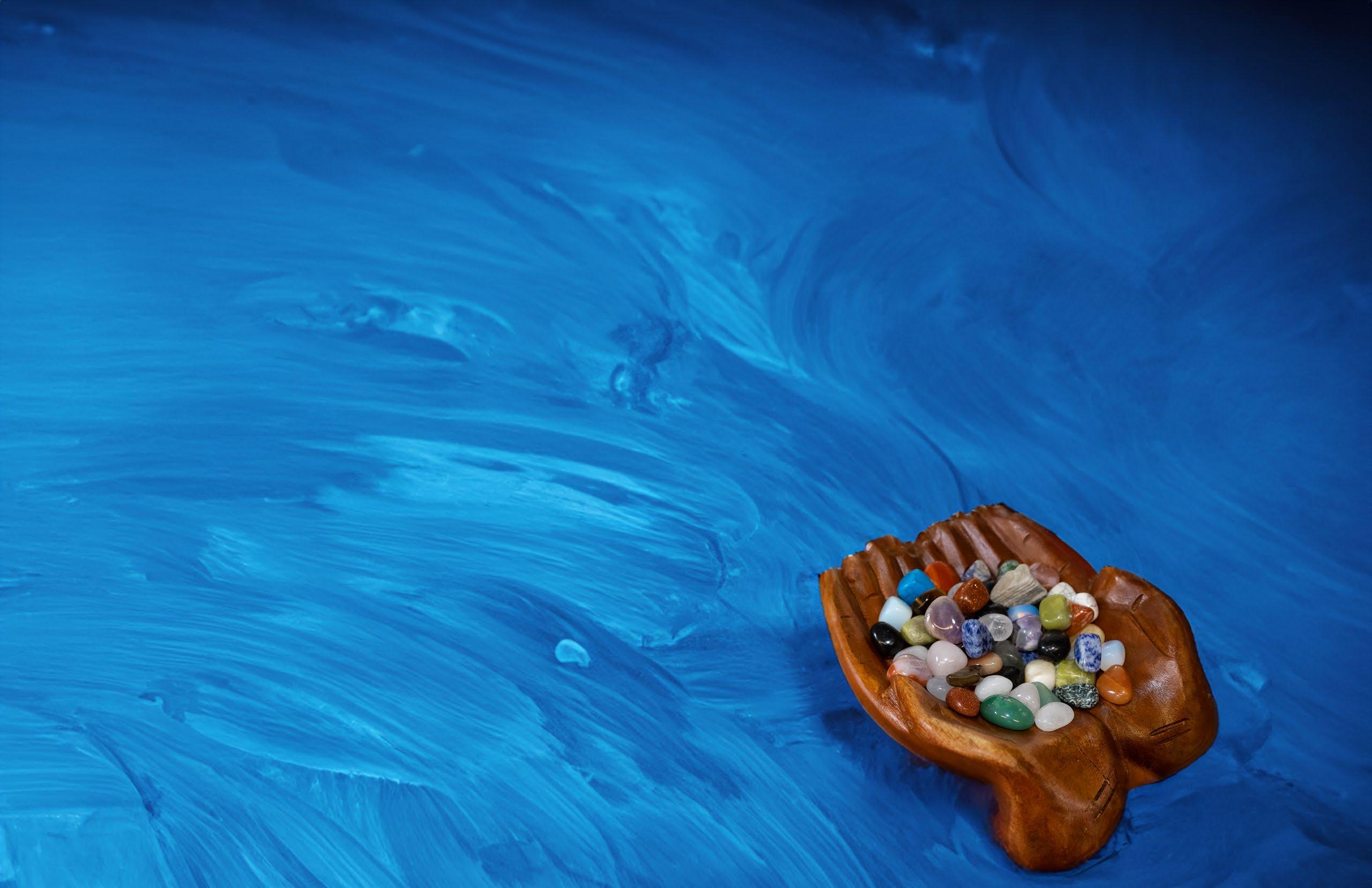
“I just wanted to share a quick note and let you know that everyone at HIR Wellness Institute does a really outstanding job. I’m so glad I decided to have my 24-year-old daughter (ADHD, Autism, Mood Disorders, etc.) work with you. I’m especially thankful for Claudia and Marcy, so caring and positive! I have never seen my daughter react so quickly from any type of therapy we have tried over the many years while she was growing up. I only wish I knew about how Occupational Therapy helps those with mental illness and/or other types of conditions earlier – had I, I would have started much sooner.
“I have especially noticed improvement in her executive function abilities as well as many times being able to handle her aggression in a more positive way as well as implementing strategies to help with her daily life. There are so many things HIR is working on with my daughter, I finally have some real hope for her future! I look forward to continue(ing) to work with HIR to help my daughter accomplish her goals. Thank you!!”
- Karen Ammerman
“I was thrilled to find out about this resource in my community and as a social worker have recommended them to several clients who have been hesitant to engage in services historically. HIR champions welcoming and inclusive trauma informed techniques that are well researched and evidenced based. There is no cost for services ensuring that anyone who is in need has access to care. Their multigenerational approach is unique to the area and fills a very big gap in services that existed previously. They have been innovative during the pandemic in making sure they offer services in multiple ways to serve clients wherever they may be. I have nothing but good things to say about this amazing organization and can’t recommend checking them out enough.”
- Amy Haynes Coe, (From Google Reviews)
“HIR Wellness Institute provides trauma informed and culturally safe care to Indigenous relatives in need. The HIR Wellness campus is a space that is private, cozy and filled with good energy. The staff is caring, knowledgeable, and has a wealth of experience working with those that have experienced trauma and violence.”
- Jeneile Luebke, PhD, RN, (From Google Reviews)
“[HIR Wellness Institute] Experts at helping to heal and repair the relational wounds of complex trauma.
- Tammy H. Scheiddegger, PhD, LPC, NCC, (From Facebook reviews)

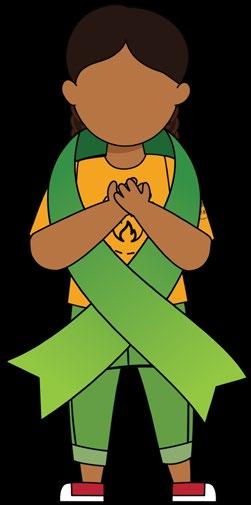
Written by Lea S. Denny
“People first” takes on a whole new meaning when you see relationships as health, connection as currency and productivity as a process. Workforce has been evolving, it demands a new model to train the next generation that has trauma and healing informed providers and professionals.
At HIR Wellness Institute, we embody three core practices that shift the traditional leadership and organizational structures. The three components that interplay together are Matriarchal Shared Leadership, the Community Activated Medicine Framework™, and the Children’s Fire Holacracy™.
As a survivor-led nonprofit organization we prioritize the health, respite care, and wellbeing of our helpers & healers. Our team receives flex time to support sick leave, medical or care needs for self, community, or pets, and a self-care budget. In 2023, we launched our strategic organizational care plan. We have grown our paid time off (PTO) from 40 hours of accrued PTO to also include 40 hours immediately credited PTO. We have added 3 additional PTO social justice holidays (12 PTO holidays in total). In January we included a paid monthly
“We cannot solve our problems with the same thinking we used when we created them.”
- Albert Einstein


Organizational Care Day Off. This June, we launched our summer self-care days off ensuring multiple three-day weekends. In our organization we are annually offering 288 hours or 7.2 business weeks paid time off a year. We are invested in deepening the health justice work for systemic change and the culture of care for helpers and professionals serving victims of violence.
Matriarchal Shared Leadership
As we seek to learn from our ancestors’ teachings and the ways of governance that worked for centuries prior to colonization, we invite our Indigenous roles into colonial spaces. Shifting the paradigm from western archetypes to Indigenous archetypes is part of our Intergenerational Healing Approach™. Through this process, we bring roles such as Advising Elders, Fire Keepers, Earth Mothers, Tricksters, and Healers forward.
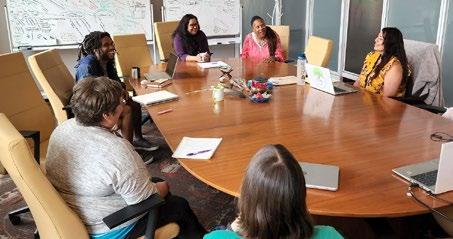
Matriarchal Shared Leadership (Denny, 2019) normalizes feminine leadership styles to be centered and protected, not patronized, shamed, or dismissed as less impactful. It is not the alternative to patriarchal leadership styles, rather it offers freedom for these ancient ways of knowing to be celebrated, liberated, and fully nurtured. It is rooted in vulnerability, humility, trust, relative-hood, creativity, nurturing of self and others, teaching, mentorship, modeling, and holding space for the unseen/unknown. It invites us to slow down, be in relationship with one another, intentionally focusing on deepening the process of making decisions together.
collaborating with one another through utilizing workstreams, team pods, and community workgroups. We see it inspires innovation and employee engagement. The practice calls in a work community that shares power with one another versus over one another. It liberates us from the pressures of striving to be the “expert” and invites humility, reciprocity, and vulnerability as indicators of success within this model.
Holacracy
“A set of self-organizing networks within a company that encourages employees to be flexible in how they approach tasks, bringing their full selves to the table rather than as assigned role with defined skills.” - The Modern Trauma Toolkit, by Christy Gibson, MD Shared Leadership
According to a shared research study published in the International Journal of Artificial Intelligence and Agent Technology, shared leadership can be defined as “broadly sharing power and influence among a set of individuals, rather than centralizing it in the hands of a single individual who acts in the clear role of a dominant superior.”
“Most companies are organized on the premise that the smartest company is the one with the smartest individuals given the authority to manage the work of others,” said Rod Collins, author of Leadership in a Wiki World (Dog Ear Publishing, June 2010). “The digital revolution is spawning an entirely different management model, where the assumption is that the smartest companies have quick access to the collective knowledge of the company.”
This management model shifts power from authoritarian models to more collaborative ones. This approach calls in a collective investment for people to bring their gifts, talents, voice, and ideas forward to be thoughtfully considered and have the power to influence change. Together we free those from the risks of falling into imposter syndrome and encourage learning and
Follow us as we continue to invest in the learning and development of our organization.






Digital Media Director
CAMPSite™ Supervisor
Bilingual Executive Assistant & Advocate
Lead Clinical Victim Therapist

CAMPSite™ Supervisor
Lead Clinical Victim Therapist
Occupational Therapist
LGBTQ2S+ Therapist

Chief Executive Officer
(Denny, 2022b)
Chief Administrative Officer

Chief Community Engagement Officer


Interim Board President
Board Secretary Board Member



Lead Occupational Therapist
Community Healer & Cultural Advocate
CAMPsite™ Coordinator
Program Coordinator


Community Healer
Native American Tribal Trial Law & Victim Advocate


Bilingual Sexual Assault Advocate
Represents those who identify as survivors of violence
| Board Members
Board Vice
President
Board Treasurer

Board Member

Represents those who identify as part of the global majority

Community Health Worker
Community Advocate



Support Services Supervisor
Community Outreach & Stewardship Specialist
Volunteer Outreach & Intern Coordinator
We are a survivor led organization that is dedicated to helping others heal from the violence and trauma that impacts their lives. We are invested in longterm solutions that look at shifting the system of how our mental health and wellness services serve those who have been impacted intergenerationally by violence from systemic racism, genocide, oppression, and economic injustices that have influenced the rates of suicide, homicide, substance use, overdose, and chronic physical and mental health injustices.
Concepts around trauma work and healing have exponentially grown as a field over the last 20 years. A hyperfocus on the individual and their healing from a behavioral health paradigm has streamlined research to looking at primarily symptoms and “fixes” for managing them through WesternAmerican worldviews of “wellness”. At HIR Wellness Institute we take a more systemic approach to understanding an individual’s healing needs that starts with understanding a more wholistic and environmental inventory of what has contributed to unwellness not just with the person but the system that they live in. Epidemiological information, genetic and epigenetic influences, early caregiving capacities, access to basic needs and resources, community belonging, ancestral post-traumatic wisdoms, and community care is critical to our team’s understanding on how to move forward with integrated interdisciplinary treatment services.
Community Activated Medicine™ (CAM™) is a theory that has been in action. CAM™ means that we are the medicine to ourselves and for others. Intentional connections and relationships do more for us then offer us moments of comfort. They create within us a neurobiological sense of safety that goes a long way in increasing either resilience or vulnerabilities from acute to long-term trauma that disrupts individual’s function and ability to manage stress in their future. This experience continues beyond this one individual and we now know that this can be passed down to future generations, even if they never experienced the same traumas, stressors, or hurts directly. This transgenerational trauma transmission is being better understood through the fields of epigenetics and neurobiology. There is hope. Nothing is unchangeable and we can heal and pass these experiences forward to our future generations too. At HIR Wellness Institute we are committed to the long-term investment in healing historical and intergenerational trauma for the next seven-generations and beyond. This work is more than a job it is a deep investment in doing our part to helping our communities heal so that our children no longer need to do the emotional labor of unburdening an inherited lifetime of hurts. When this happens, we change from selfdestructive behaviors, values, and attitudes to seeing outward. It is here we can truly see, make decisions that are more compassionate, and be in good relative-hood with others.
We would like to say thank you to our Board of Directors (past and present), with a special thank you to our past board presidents Dr. Michele Cohen, Barbara Blackdeer-Mackenzie, and Mark W. Powless. We would also like to bring attention to the ribbons in the following pages. Here we have highlighted many team members to celebrate the growth and investment of our team.
In decolonizing the western concept of “Board of Directors”, we seek a new paradigm for board governance that is integrity-led and reflects the values and needs of the community. We believe this approach is the next evolution in board governance and will support the growth and development of our organization. In part, our board serves
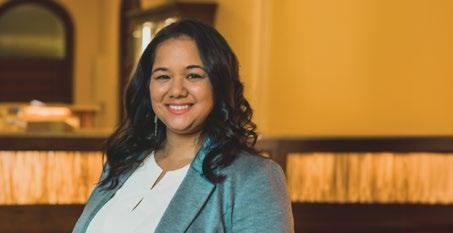
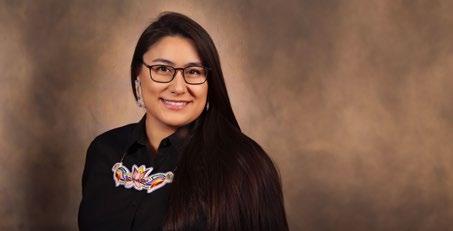
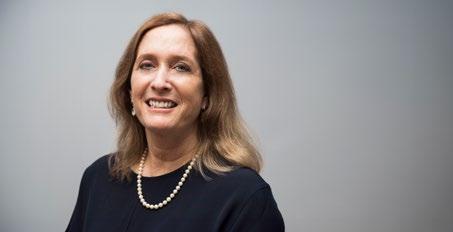
as an advisory board and council. Our board is there to serve and protect the vision of our organization through amplifying our mission to be a Community Activated Medicine™ (CAM™), equitable, and trauma-informed organization. It is because of their volunteerism that we are able to grow our work.
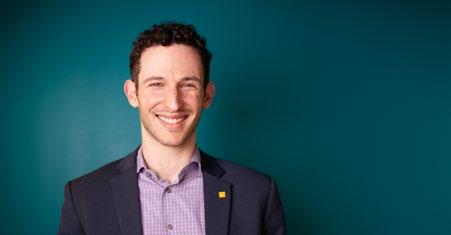


Denny, MS, LPC, NCC, NMT Chief Executive Officer Visionary, Founder, & Clinical Director

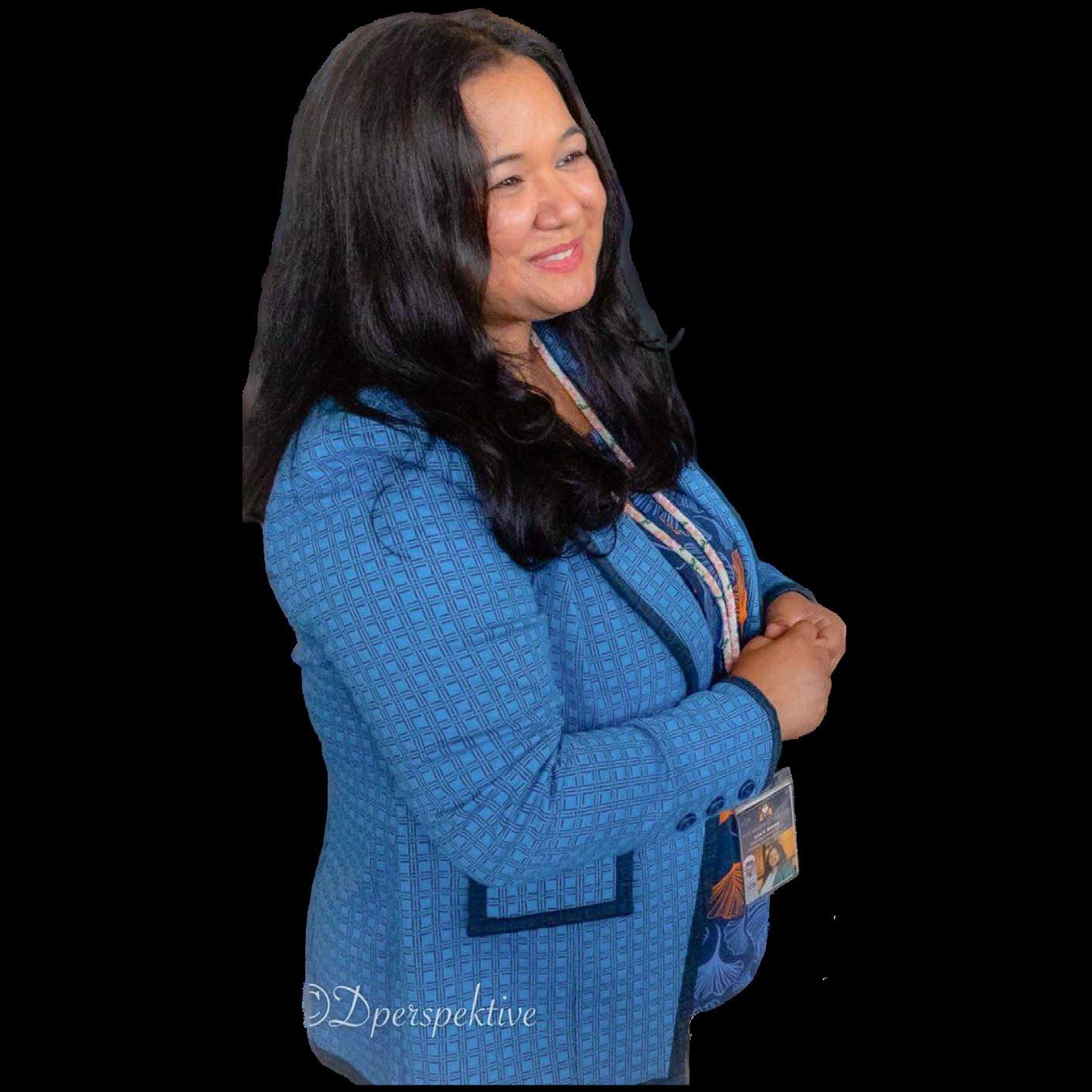


Lea S. Denny is the founder of HIR Wellness, a wife, a mother of two, and an Indigenous woman. Denny is Hawaiian & Filipino and HungarianJewish descent, and her husband and children are Oneida and Ojibwe. Denny and her husband became foster-care to forever-home parents as they grew their family. She believes our communities’ generational healing is part of our collective journey.
Lea received her Bachelors in Science with a Major in Psychology from the University of Wisconsin-Milwaukee and her Master’s degree from Mount Mary University in Clinical Mental Health Counseling. HIR Wellness rooted from the community voices in her Master’s thesis, a research project that studied the healing of historical trauma and
from living to survive to thrive informed her life’s vision “It shouldn’t cost you to heal” and we need community to heal. This vision grew into Denny’s life work and founding Healing Intergenerational Roots (HIR) Wellness in 2017.
She is currently publishing her research on healing historical intergenerational trauma in Indigenous communities and provides consultation to community leaders on Indigenous decolonial mental health research projects. She has co-raised over 5 million in funding to serve Indigenous and underserved survivors of violence. Denny is intentionally shifting the paradigm around decolonizing mental health through what she calls Community Activated Medicine Framework™, Mental Health Without Borders™ Approach, trauma
“It shouldn’t cost you to heal.”
-
Lea S. Denny
resilience. Denny dedicated two years to this research and met with over 200 of our Native community members across the state of Wisconsin, engaging in many meaningful conversations. One Elder said to her, “I hope you really do something with all this information.”
She takes his words to heart every day and wholeheartedly agrees with him; she thought, “How do I make a difference in such an ocean of pain?”. At that time, she did not know how to use the invaluable information from her research, but she knew she was responsible for doing something good with the knowledge she was given.
Denny is a survivor of chronic childhood traumas, sexual abuse, violence, and has lived independently since the age of 16 years old. These lived experiences
informed policies, and her organizational care models. Denny is dedicated to making systemic shifts in the ways survivors of violence are provided mental health care. She believes this can be done through demonetizing services, increasing access to providers, building a system that benefits from our wellness and not our illness, and investing in a trauma-informed workforce that focuses on training the next generation of helping providers.
She serves on several local and national councils, including: Committee Member of the Wisconsin State Task Force on Missing and Murdered Indigenous Women (MMIW), serving on the Data Subcommittee; honorary faculty member for the University of California Davis; and Member of the ‘Ohana Center of Excellence Steering Committee.
Learn more at LeaSDenny.com
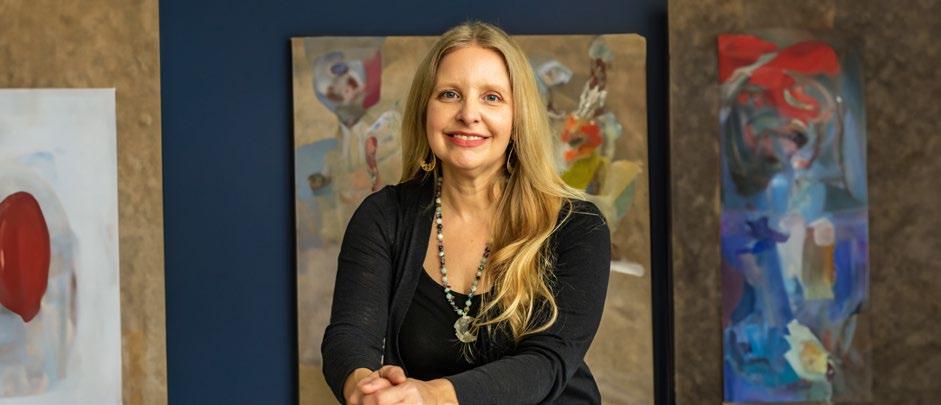
“It is imperative for our legislative bodies to understand the needs of our communities and fund the innovative solutions that heal them.”
- Deanna Schwenner
Hello, my name is Deanna Schwenner and I am multi-ethnic European. I am a survivor of domestic violence, sexual assault, and stalking. As a survivor I am continually working on my health and healing journey through a rhythm of embodied practices that help me build balance, harmony, and encourage self-reflection.
I am honored to accept my growing role as our new Chief Administrative Officer.
I hold a bachelor’s degree in Anthropology, and a graduate certificate in Nonprofit Management from the University of Wisconsin-Milwaukee, and a Master of Public Administration from Keller Graduate School of Management. On our team I support our HR, fund development goals, grant management, and co-write grants with our CEO.
I am proud to be a founding team member of HIR Wellness Institute,
supporting our systems-changing work towards true healing for survivors. I stand in solidarity with our Indigenous and underserved victims of violence.
In my role I understand and support our team to provide meaningful care through challenges. We work continuously to remove barriers to mental health care that too many of our relatives experience on their healing journeys.
I am passionate about supporting our advocacy team as they work with integrity and heart to serve our relatives. The work that we do has the potential to do more than just help others, it can possibly offer them hope, strength, and guidance for their future.
“One day you will tell your story of how you overcame what you went through, and it will be someone else’s survival guide.” – Unknown

“I believe in doing all things with love and walking with our community on their healing journey.”
- Jamie Kellicut
Boozhoo nindenewemaaganag Zhaangwewekamigookwe nindizhinikaaz. Odaawaa-Zaaga’iganiing nindonjabaa migizii nindodem!
Jamie identifies as a Native American and enrolled member of the Lac Courte reilles Band of Lake Superior Chippewa Indians Tribe of Wisconsin, Eagle clan. She is a proud wife, mom, grandma, daughter, sister, auntie, and friend.
Jamie is a survivor of domestic violence, sexual assault, and addiction. She carries the Seven Grandfather teachings with her along her journey. Through intentional acts of love and care for our communities, Jamie believes that together we will heal. She is passionate about sharing life with her family, learning her culture, walking in nature, and performing music with her husband.
Jamie earned her BSW, Bachelors in Social Work, and her MSW, Masters in
Social Work, from the University of Wisconsin-Milwaukee. She is an Advanced Practice Social Worker (APSW) and is working toward her licensure to become a Licensed Clinical Social Worker (LCSW).
She humbly served within Indian Country for over 17 years and spent sixteen of those years with the Forest County Potawatomi tribe in various roles. She has been in her role at HIR Wellness Institute since 2020, and she is evolving her role in her new position as Chief Community Engagement Officer. Jamie supports our virtual community wellness programming, facilitates support groups, individual counseling, and works closely with our community partners in connecting our relatives to services and resources. In her role at HIR Wellness Institute, Jamie serves on the Wisconsin Department of Justice Missing and Murdered Indigenous Task Force committee and workgroups.
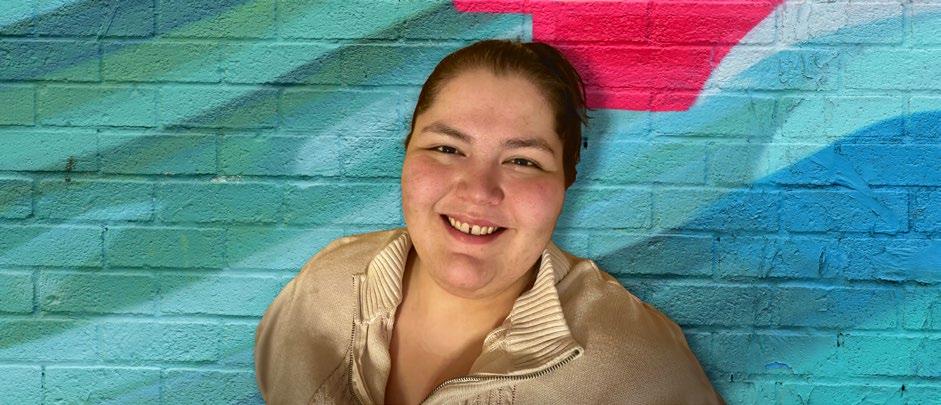
“I strive to create more accessible and inclusive spaces because, I believe it is my duty to make the world a better place. It is my hope that in creating these spaces more people will be able to help in achieving this goal.”
- Jo Mackenzie
Mx. Mackenzie is a five-spirit (gender identity), survivor of violence, and creative artisan of the Ho-Chunk Nation. Jo has many talents and interests; their current favorite interest is in communications and visual journaling. Jo produces high-quality products that are greatly praised as they reflect their creativity, determination towards inclusivity, and a fierce desire to re-invest into the future and growth of their culture. These unique qualities combine in unexpected ways, producing beautiful pieces of functional artwork.
Jo started working part time at HIR Wellness Institute in 2020 and came on as a full time team member in Spring of 2021. Since then, Jo has steadily grown their role within the HIR Wellness work community from Virtual Support Specialist, to Virtual Support Services Supervisor 2022, and is honored to accept their new position as Director of Digital Media.
Jo’s education covers a more Indigenous and hands on learning approach. It was on the outskirts of their family homestead (where they spent many hours in reflection and self-study) that Jo faced the troubles of living in small town Wisconsin with dyslexia and learning difficulties. These testing experiences informed their own process of training and teaching with technology. They are now an individual committed to communication, physical and educational accessibility, as well as Indigenous futurism.
Alchemizing their high-level abilities in art and history in a technology rich environment, their most sought-after trait has become their collaboration skills. Here they weave with their collaborative partners to connect complex subjects gracefully and thoroughly in audible, written, and visual formats highlighting their determination towards inclusivity and accessibility.
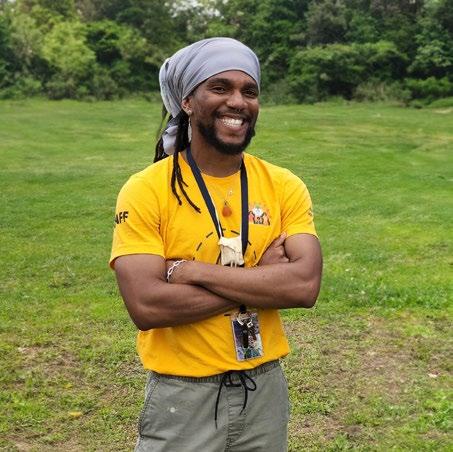
Alafia (Peace and Blessings), Xavier Smart identifies as Afro-Indigenous and a survivor of Childhood Sexual Assault. Xavier’s journey HIRWI first as a counseling intern in 2019, and has steadily grown his role into his new position as licensed therapist and CAMPsite™ Supervisor. He is the proud alum of Mount Mary University where he received his Master of Science in Professional Counseling with an emphasis on Clinical Mental Health Counseling.
He has the opportunity to help others learn how to honor their voices, ancestors, and healing journey. In his role as a at HIR Wellness Institute, Xavier provides a cross-coordination of care through offering community mental health services and individual counseling to victims of crime. In addition to organizing and deploying CAMPsites™, Xavier has served as a group facilitator for our Gatherers of Tradition, Elders Book Club, and Layers of Suicide Support (LOSS) group.
He continues to dream big as a counselor, artist, and photographer. He aspires to provide education, support,
and healing to community members and mentor future helping professionals. Xavier was not born in Wisconsin and the journey away from home was challenging for him as he endured many struggles, mentally, physically, emotionally, and spiritually. These experiences would lead him to begin his journey towards self-discovery, all while helping him gain clarity into how he can do his part in helping others.
After graduating high school to pursue higher education, Xavier ventured to Wisconsin, first earned his Bachelor’s Degree in Psychology and later, his Master’s Degree in Professional Counseling at Mount Mary University. During his time in both his bachelor’s and master’s program, Xavier quickly realized that the information taught, while very beneficial and helpful, came from a very westernized colonial viewpoint and seemed almost counterintuitive or non-applicable when working within communities of the global majority. Xavier felt that historical and intergenerational trauma topics were often glossed over with little mention of the real impact these experiences have on entire communities.
As an Afro-Indigenous man with degrees in the helping profession, Xavier feels a strong pull to provide mental health education and support to communities of color who are often neglected, misdiagnosed, underrepresented, and told that their voices do not matter. From serving our relatives to supporting our student interns, Xavier’s heart and spirit finds fulfillment in shifting the pedagogy, and practices of mental health. What brings him joy is the wisdom, laughter and smiles that our youth grace the halls with.
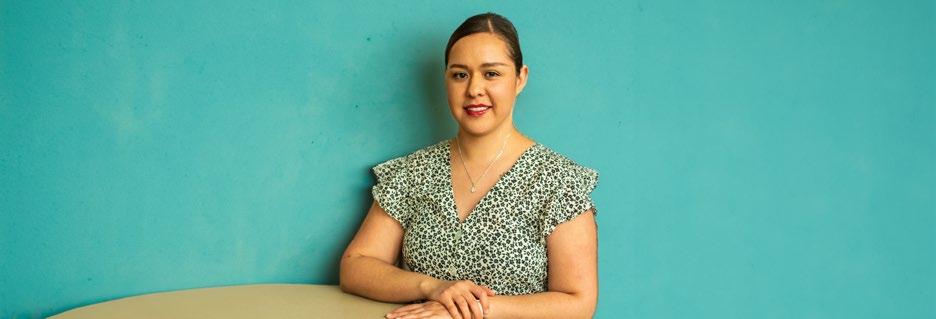
“I am just one of millions of people who have been told that in order to fulfill my dreams, in order to contribute my talents to the world, I have to resist the truth of who I am.”
- America Ferrera
Niltse, my name is Yessica Gonzalez, I am Mexican-Indigenous, and my tribe is Nahua from Jalisco. I am a survivor of childhood sexual abuse, physical assault, family violence, and a survivor of suicide. I share these parts of my story because I believe, maybe someone who needs it will hear me and that it can be a sign for hope. I wish you to know and take with you: “You are not a label, a stereotype, or what happened to you”.
I made my journey to the United States of America as a Spanish only speaking immigrant in 2017. After coming to the USA I began my journey as a second language speaker by taking English classes at Gateway Technical College. I continued my English classes for three years while caring for my Autistic nephew and volunteering at Aurora Lakeland Medical Center.
I graduated as a proud alumn of the University of Guadalajara where I
received my degree in Medical Laboratory Science with an emphasis on Clinical and Pharmaceuticals. My passion has always been grounded in Indigenous healing, wellness, and helping people amplify their voices.
In summer of 2020 I found my HIR Wellness community and began my journey as a Bilingual Sexual Assault Advocate. I have now accepted an additional leadership role as the Executive Assistant to our organization’s CEO. In my position I serve our relatives through victim advocacy, comprehensive coordination and collaboration with our executive team, provide real time translation, and support my colleagues at the HIR Wellness Institute. It gives me peace, comfort, and joy to be able to put my efforts and self towards a larger vision and offer a space where social justice, well-being, and a sense of belonging are provided.
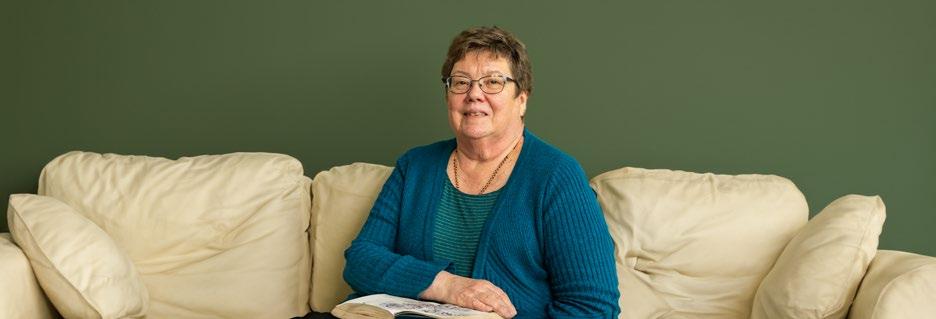
“Children’s Fire is my intention and attention to be present with whomever is in that moment on my path. It means that I pause and listen. That I value. That I find a way to connect making amends, offering support, leaning into and onto. I take the wisdom being spoken to sanctify my journey and bless the journey of others. It is a joining with to encourage and support the good of all.”
- Claudia Meyer
My name is Claudia Meyer, I am a survivor of violence, and I have a long-standing career as an occupational therapist serving individuals desiring to create their best life emotionally, socially, physically, and developmentally. I have a 47-year mental health career as an occupational therapist (OT) that has chosen to motivate systems to move toward the wisdom individuals present about their lives and interest in setting their own pace for healing and wellness. As an OT, and lead OT here at HIR Wellness Institute, it is my unique pleasure to stand in witness to the dynamics of self-discovery driving positive changes for successful living that comes from a neurobiological and sensory informed perspective. When an individual learns what is unique about
their own neurobiology and how to regulate and shift their state dependency, they empower their lives with connection and resilience.
I am also privileged to be supporting the learning and growth of new professionals here at HIR Wellness Institute. As we shift patterns of service to be mindfully and heartfully connected with relatives, we unpack the impact of trauma and alleviate this hold in peoples’ lives. Learning to speak my truth, following my experiences of sexual assault and manipulation, anchors my desire to hear the personal stories and encourage the selfdiscovery. Wellness, when one is heard, becomes participation in everything an individual is longing to do and be.

Mabuika! (Hello), my name is Carmen Fontanez, I am Puerto Rican (Taino) and a survivor of childhood and adult sexual assault and teen intimate partner violence. I am the Lead Victim Therapist here at HIR Wellness Institute. I received my bachelors degree in social work from Mount Mary University and my master’s degree in social work from UW-Milwaukee with an emphasis in Clinical Social Work. I have worked with survivors of sexual exploitation and human trafficking for over 15 years and helped co-found a social enterprise working with survivors of sexual exploitation with Franciscan Peacemakers in Milwaukee, WI.
I love journeying with our relatives and watching as they uncover the medicine that lives inside themselves. It truly is an honor and a gift to walk a healing journey alongside our relatives.
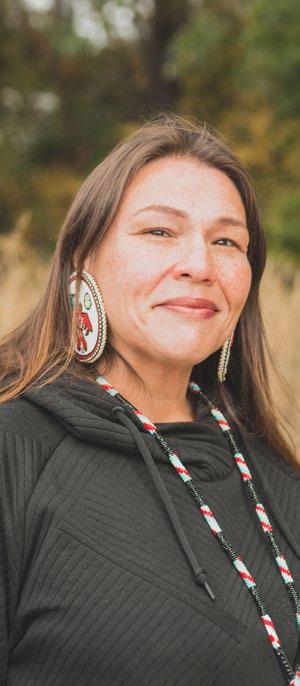
Thresa identifies as Native American, and a member of the Menominee Nation. She is a Milwaukee Native, and mother of three girls. Thresa is a firm believer in empowering our Native relatives, whether through spiritual or traditional teachings. Before working with HIR Wellness Institute, Thresa dedicated herself to volunteering in her Native community. She is a respected and trusted voice and is driven to making a difference for her community.
As an advocate and survivor of violence, she supports survivors who have been impacted by sexual assault, domestic, intimate partner violence, human trafficking, and MMIWR. She serves as a committee member for the HIR Wellness Institute MANA Award and a committee member of the Wisconsin MMIW taskforce Community/ Family Impact subcommittee.
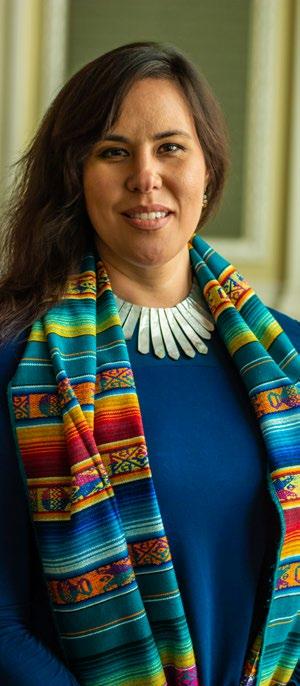
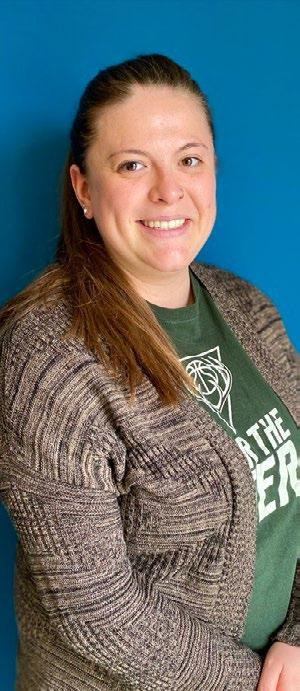
My name is Malia Chow, and I am Kanaka Maoli (Native Hawaiian), Asian, and Caucasian and a survivor of domestic violence, sexual assault, and narcissistic abuse. I serve our relatives as a Community Healer and Advocate with a primary focus on culture as medicine. I am also passionate about food and plants as medicine, and believe that the health of our planet is in direct correlation to our own physical, mental and spiritual health. As the very first recipient of the MANA Award at the HIR Wellness Institute, I am proud to empower and inspire others to walk their healing path.
My education includes sociology/anthropology, and environmental studies, with a concentration in Japanese, and a particular interest in Hawaiian and Women’s Studies at the University of Hawaii, Manoa and Kapi’olani Community College. Additionally, Music, Film, Fine Arts and Performance at the Milwaukee Institute of Art and Design, the UW-Milwaukee, and the MATC.
Hello! Sekoli! (Oneida) my name is Guinevere Duquaine I am an Oneida woman, LGBTQ+ ally, and support survivors. My past has been filled with many different opportunities for service, all over the City of Milwaukee - I have always had a job directly helping and serving our community. It takes a village!
I am a proud Mount Mary Alumni, proud AmeriCorp City Year, and former Milwaukee Public School teacher. I now have the ultimate pleasure being a HIR Wellness Institute Program Coordinator, Radical Joy ambassador on Facebook LIVE, provider of community healing support at our H&H and CAMPsites™, and a Master Reiki practitioner. I support program coordination for our therapeutic programming for our Indigenous youth, elders, and women who are all survivors of violence. All of these roles here allow me to serve our relatives and connect to people and their stories. You matter! We matter! Together, we can heal.
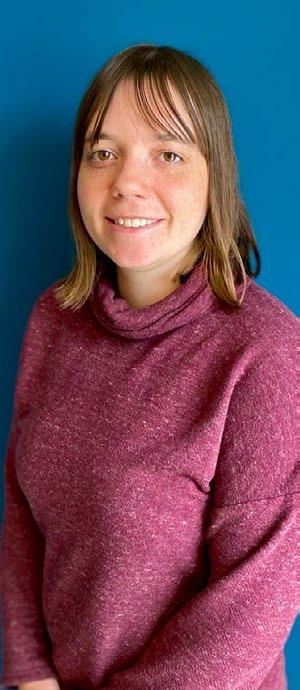
My name is Marcy Messina, I am Irish and Sicilian and I support survivors. I serve as an occupational therapist here at HIR Wellness Institute. I am a proud alumni of Mount Mary University where I received my Masters of Science in Occupational Therapy in 2021.
I have a passion for working with autism, ADHD, developmental disabilities, and neurodivergence while heartfully working with our Indigenous youth and relatives who are survivors of violence. My dedication to growing my occupational therapy skills is driven by helping our relatives find their just right state. My joy in being an occupational therapist comes from supporting the relatives we serve to grow into their best selves, while having fun along the way.

Hello, My name is Jessica Martinez, I am Mescalero Apache and Yaqui Indian – I am Mestiza. I am a survivor of childhood sexual assault, domestic violence, racial hate crime and alcoholism. For the past 12 years I have worked in social services. I have been walking a healing journey as a Community Health Worker working within the Native community for the last 7 years.
I have rediscovered my love for our youth – sharing the drum and traditional songs with them – I see the healing I bring with each beat of the drum I carry. I have become a seed planter – I was once the seed now, I plant the seeds of the future. With every relative my personal goal is to support the person directly in front of me in getting their needs met – to the best of my ability.
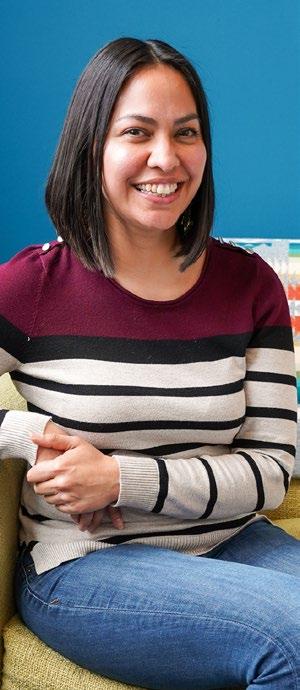

Shekoli, my name is Averie Anderson, and I am native to Wisconsin. I am an enrolled member of the Oneida Nation and part of the Menominee Nation as well. I am a survivor of sexual assault and domestic violence.
I earned a Bachelor of Science Degree in Community Education and Engagement from the University of Wisconsin Milwaukee. I have been doing official work in the community for about 6 years now. I am passionate about creating equity and justice in our communities. I love working at HIR Wellness Institute as we approach this in various ways which leads to so much healing, interrupting the intergenerational trauma many of us have experienced.
& Intern Coordinator
Shekoli/Hola (Hello) everyone, my name is Lloyd David Ninham and I am biracial, Oneida Nation of WI and Puerto Rican. I am a survivor of child abuse and other trauma. For the better part of 10 years I have been a growing steward of my community by lending my knowledge and experiences around life, business, and financial education from UWM, MATC, Cardinal Stritch University, and the biggest school...Life!
It is my pleasure to serve our relatives as the Volunteer Outreach & Intern Coordinator at HIR Wellness Institute. I see my role as part of the learning village for volunteers and interns. In these responsibilities I connect with the interns as well as those looking to give back with their time and energy as a volunteers.
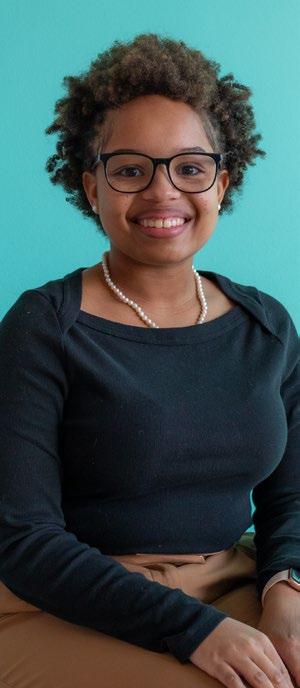

Hello, my name is Alexis Cheatham. I am African-American and I support survivors. I serve as the CAMPsite™ Coordinator and a Social Worker here at HIR Wellness Institute. I will be receiving my Master’s in Social Work from the University of Wisconsin-Milwaukee.
My love for serving our relatives and youth inspires me to continue this work. I have a passion for mental health and social justice and believe everyone should have equal opportunities. My cup is filled when I am able to help my relatives overcome an obstacle or brighten their day.
Kristina Nez Begay (Dine’ Nation/German) is a Community Healer and Cultural Advocate here at HIR Wellness Institute and is a survivor of violence. She attended MATC and University of Wisconsin-Milwaukee graduating with a BA in American Indian Studies.
She has been working as a healer professionally since 2014. Kristina has trained extensively in her field. She works as a master energy reiki healer and trainer, sound healer, and Indigenous artist of drums and other sacred teachings.
At HIR Wellness Institute she brings her many gifts and talents to supporting the survivorship and healing to victims of violence. This includes, supporting therapeutic elders programming, Women’s Relational Healing Group, H&H services, Reflections and Resiliency on Facebook LIVE, and cultural advocacy and wellness consultations.
Alexis Cheatham
CAMPsite™ Coordinator (414) 763-5815
Averie Anderson Community Outreach & Stewardship Specialist (414) 763-5815
Carmen Fontanez Lead Clinical Victim Therapist (414) 763-5815
Claudia Meyer Lead Occupational Therapist (414) 763-5815
Deanna Schwenner
Chief Administrative Officer DSchwenner@HIRWellness.org (414) 763-5815
Guin Duquaine Program Coordinator & Community Healer (414) 763-5815
Jamie Kellicut Chief Community Engagement Officer JKellicut@HIRWellness.org (414) 763-5815
Jessica Martinez Community Health Advocate (414) 763-5815
Jo Mackenzie Director of Digital Media JMackenzie@HIRWellness.org (414) 763-5815
Kristina Nez Begay Community Healer & Cultural Advocate (414) 763-5815
Lea S. Denny Chief Executive Officer (414) 763-5815
Lloyd David Ninham Volunteer Outreach & Intern Coordinator (414) 763-5815
Malia Chow Community Healer (414) 763-5815
Marcy Messina Occupational Therapist (414) 763-5815
Thresa Stevens Native American Tribal Trial Law & Victim Advocate (414) 763-5815
Xavier Smart CAMPsite™ Supervisor XSmart@HIRWellness.org (414) 763-5815
Yessica Gonzalez Bilingual Executive Assistant & Advocate YGonzalez@HIRWellness.org (414) 763-5815
HIR Wellness Institute
3136 W Kilbourn Ave. Milwaukee, WI 53208 (414) 763-5815 info@HIRWellness.org

“When I was a boy and I would see scary things in the news, my mother would say to me, ‘look for the helpers. You will always find people who are helping.’”
- Fred Rogers
Author & Curator: Lea S. Denny, MS, LPC, NCC, NMT
Illustration by: Jo Mackenzie & Lea S. Denny, MS, LPC, NCC, NMT
Edited by: Lea S. Denny, MS, LPC, NCC, NMT; Jo Mackenzie; Jamie Kellicut, MSW, APSW; Deanna Schwenner, MPA; Xavier Smart, MS, LPC-IT; Yessica Gonzalez, BS
Published by: HIR Wellness Institute
Photography by: Xavier Smart, MS, LPC-IT of Different PerspeKtive Creative House; Lloyd Ninham of Mr Ninham Photography; and the HIR Wellness Team
We would like to add a special thanks here to our community whose voices, support, and insights bring many unnamed and untold contributions in the process of creating, building, and editing documents like this.
HIR Wellness Institute is an authorized licensed provider of the Lea S. Denny CAM™ Framework and Mental Health Without Borders™ Approach (expires 2025). Learn more about Lea S. Denny’s framework, models, and work at LeaSDenny.org.
HIR Wellness Institute Supports the right to free expression and the value of copyright. The purpose of copyright is to encourage writers and artists to produce the creative works that enrich our culture. The duplicating, uploading, and distribution of this magazine without permission is a theft of the authors’ intellectual property. If you would like permission to use material from this magazine other than for review purposes, please contact HIR Wellness Institute at the bellow contact information addressed “Attention: Copyrighted Material Distribution Request,”. Thank you for your support of the rights of our Indigenous authorship.
For more information on the materials contained within this document please contact HIR Wellness Institute at:
HIR Wellness Institute
3136 W. Kilbourn Ave. Milwaukee, WI 53208
HIRWellness.org (414) 763-5815
Blackdeer-Mackenzie, B. J. (2021). Retrieved from HIR Wellness Institute: https://www.hirwellness.org/advocacy
Braga, L. L., Mello, M. F., & Fiks, J. P. (2012). Transgenerational transmission of trauma and resilience: a qualitative study with Brazilian offspring of Holocaust survivors. BMC psychiatry, 12, 134.
https://doi.org/10.1186/1471-244X-12-134
Britannica Kids. (2023). Medicine. Retrieved from https://kids.britannica.com/kids/article/medicine/353448
Collins, R. (2010). Leadership in a Wiki World: Leveraging Collective Knowledge To Make the Leap To Extraordinary Performance. Dog Ear Publishing, LLC.
Denny, L. S. (2016a). CAM Framework™. Milwaukee, Wisconsin, United States of America.
Denny, L. S. (2016b). Community Activated Medicine Provider Sites™ (CAMPsites™). Milwaukee, Wisconsin, United States of America.
Denny, L. S. (2016c). Community Activated Medicine™. In All Nations One Tribe Healing Historical Trauma Study. Milwaukee, Wisconsin, United States of America.
Denny, L. S. (2016d). Intergenerational Healing Approach™. In All Nations One Tribe Healing Historical Trauma Study. Milwaukee, Wisconsin, United States of America.
Denny, L. S. (2016e). Persistent Toxic Systems and Environments™. In All Nations One Tribe Healing Historical Trauma Study. Milwaukee, Wisconsin, United States of America.
Denny, L. S. (2016f). Triple Attunement. In All Nations One Tribe Healing Historical Trauma Study. Milwaukee, Wisconsin, United States of America.
Denny, L. S. (2017a). Daughters of Tradition. Milwaukee, Wisconsin, United States of America.
Denny, L. S. (2017b). Wellness Weekend Workshops. Milwaukee, Wisconsin, United States of America.
Denny, L. S. (2019). Matriarchal Shared Leadership. Milwaukee, Wisconsin, United States of American: HIR Wellness Institute.
Denny, L. S. (2020a). Circle of Care™. Milwaukee, Wisconsin, United States of America: HIR Wellness Institute.
Denny, L. S. (2020b). Community Advocate Resources and Emotional Support Warmline (CARES). Milwaukee, Wisconsin, United States of America.
Denny, L. S. (2020c). Mental Health Without Borders™. Milwaukee, Wisconsin, United States of American: HIR Wellness Institute.
Denny, L. S. (2021). HIR-MAPS™. Milwaukee, Wisconsin, United States of America: HIR Wellness Institute.
Denny, L. S. (2022a). Decolonized Value Based Reciprocity Model™. Milwaukee, Wisconsin, United States of American: HIR Wellness Institute.
Denny, L. S. (2022b). Children’s Fire Holacracy™ Leadership Model. Milwaukee, Wisconsin, United States of American: HIR Wellness Institute.
Denny, L. S. (2022c). Radical Joy. Milwaukee, Wisconsin, United States of America.
Denny, L. S. (2022d) Strategic Planning for Moving Towards a Value Based Reciprocity Model™. Milwaukee, Wisconsin, United States of American: HIR Wellness Institute.
Denny, L. S. (2023a). Therapeutic Connections. Milwaukee, Wisconsin, United States of America: HIR Wellness Institute.
Denny, L. S. (2023b) Unlearning Mistruths: Liberating Our Community WellbeingBelonging. Milwaukee, Wisconsin, United States of American: HIR Wellness Institute.
Dr. Maria Yellow Horse Braveheart, P. (1998). Indian Health Service. Retrieved from www.ihs.gov: https://www.ihs.gov/sites/telebehavioral/themes/ responsive2017/display_objects/documents/slides/
Fennell, A. (2023, June). Internship Statistics U.S. 2023. Retrieved from StandOutCV: https://standout-cv.com/usa/internship-statistics
Global majority. (2023, May 21). Retrieved from Wikipedia: https://en.wikipedia.org/wiki/Global_majority
Holacracy. (2023). In C. Gibson, The Modern Trauma Toolkit: Nurture Your Post-Traumatic Growth with Personalized Solutions (p. 113). Hacheete Go. Linklater, R. (2014). Decolonizing Trauma Work: Indigenous Stories and Strategies. Fernwood Publishing.
Maslow, A. H. (1943). A theory of human motivation. Psychological Review, 50(4), 370–396. https://doi.org/10.1037/h0054346
Newland, A. S.-I. (2022, May). Bureau of Indian Affairs. Retrieved from https://www.bia.gov/sites/default/files/dup/inline-files/bsi_investigative_ report_may_2022_508.pdf
Organizational Structure. (2022). Milwaukee, Wisconsin, United States of America: HIR Wellness Institute.
Thunder, C., Johnson, A. J. (1997) Medicine Wheel: A Creative Tool for Individuals and Organizations
United States Census Bureau. (2023, April 16). National Volunteer Week: April 16-22, 2023. Retrieved from Census: https://www.census.gov/ newsroom/stories/volunteer-week.html
Villanueva, E. (2018). Decolonizing Wealth: Indigenous Wisdom to Heal Divides and Restore Balance. Berrett-Koehler Publishers.
What is the Seventh Generation Principle? (2022). Retrieved from Indigenous Corporate Training inc.: https://www.ictinc.ca/blog/seventh-generationprinciple
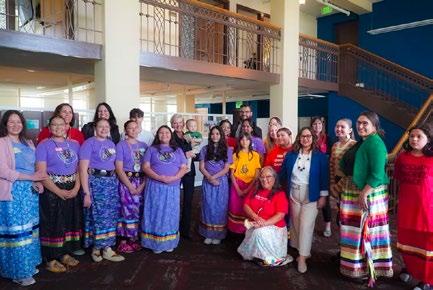
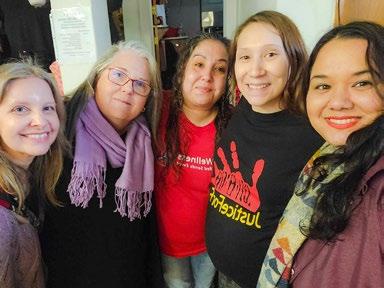

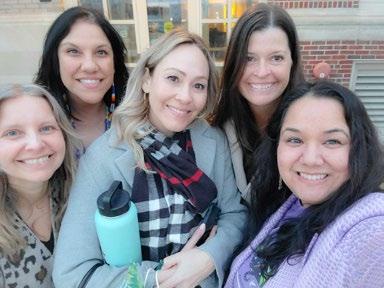

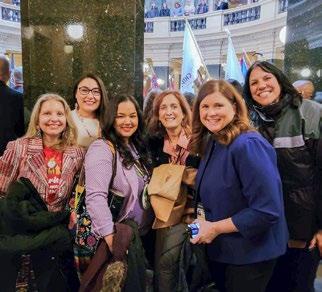
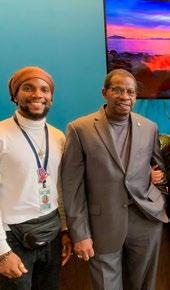
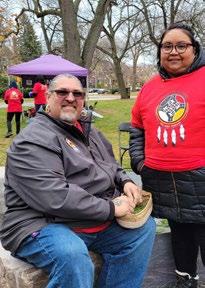
Thank you to all of
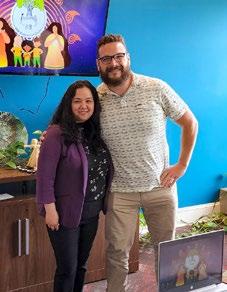
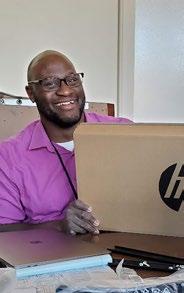
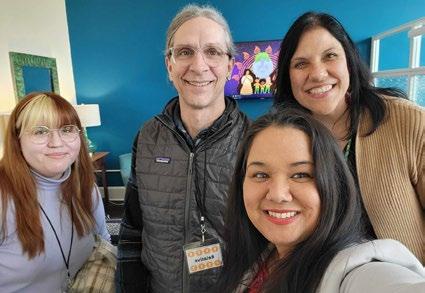
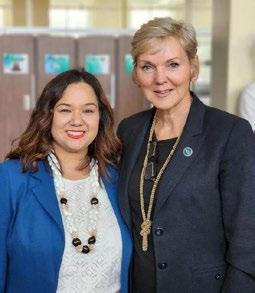

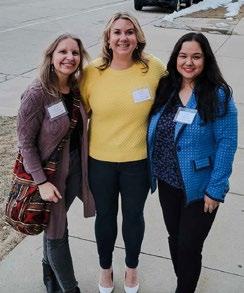


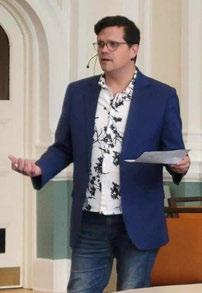
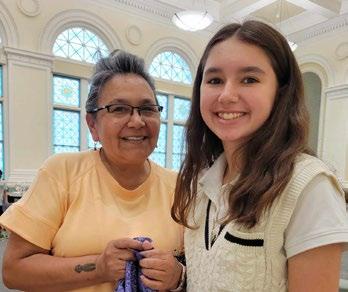
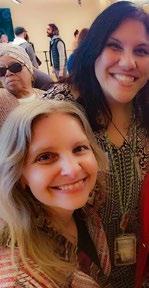
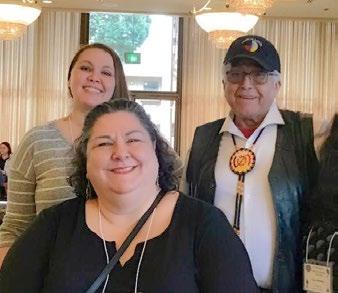
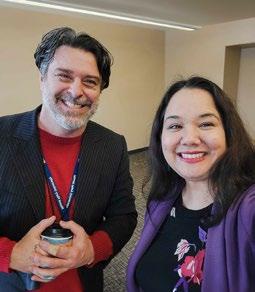

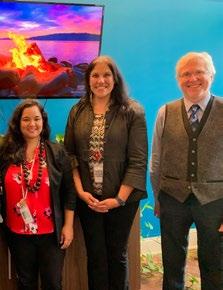


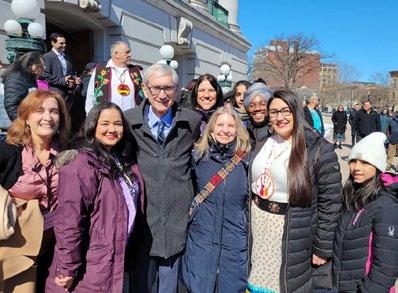
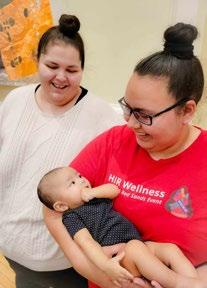
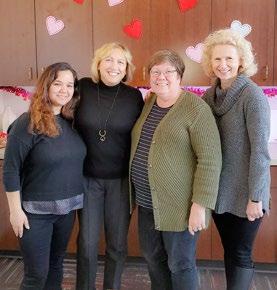
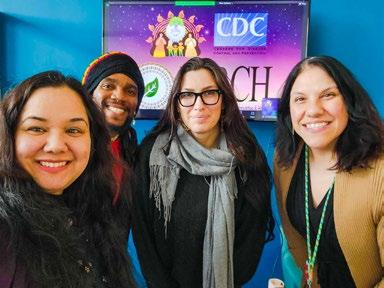
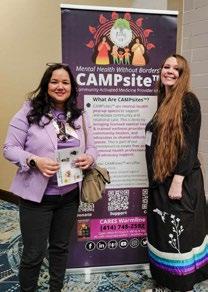
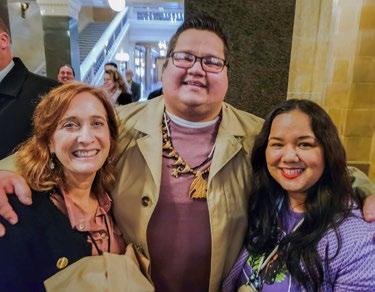
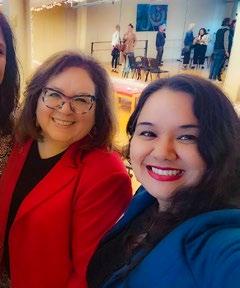
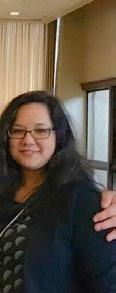
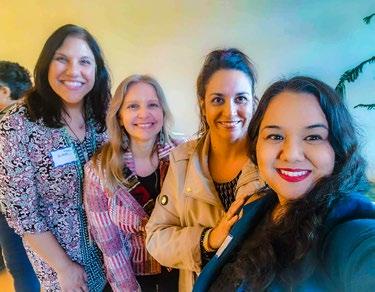
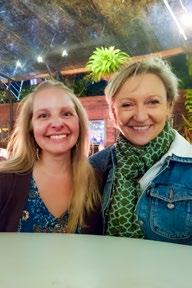
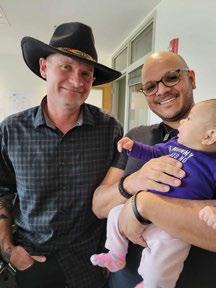
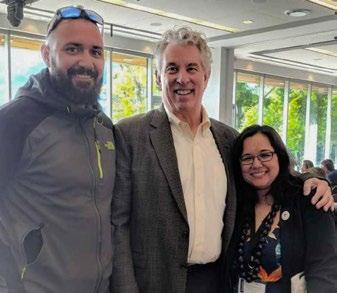
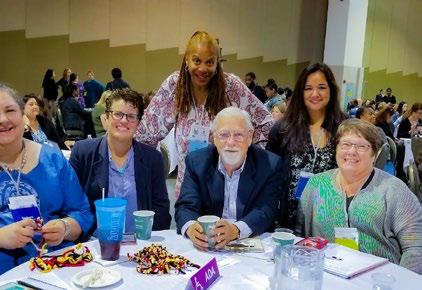

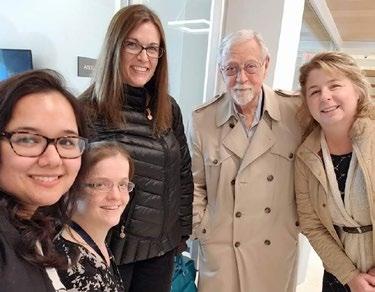
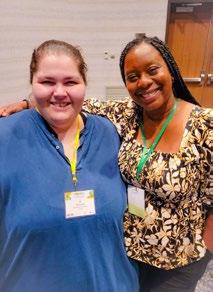
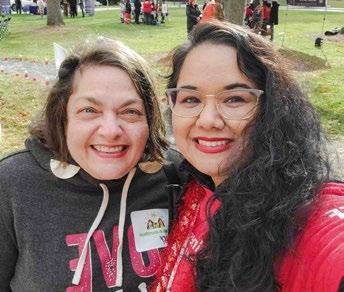
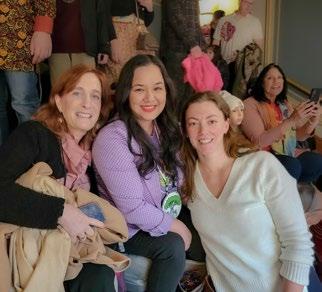
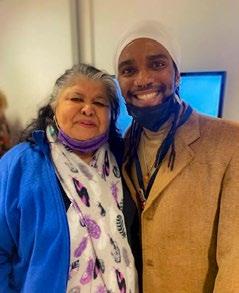

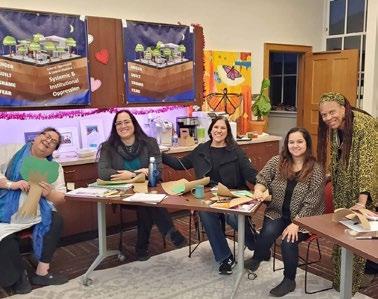
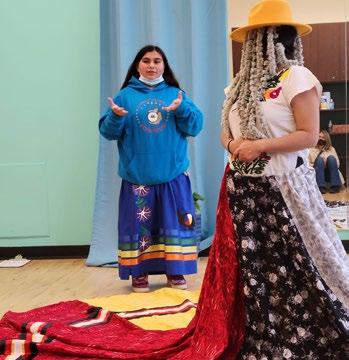
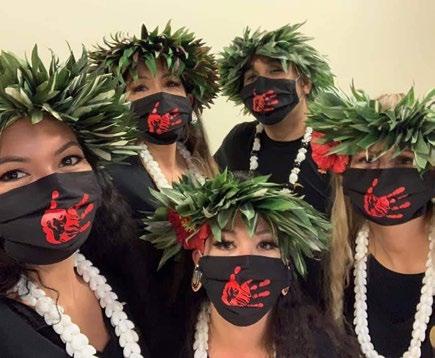
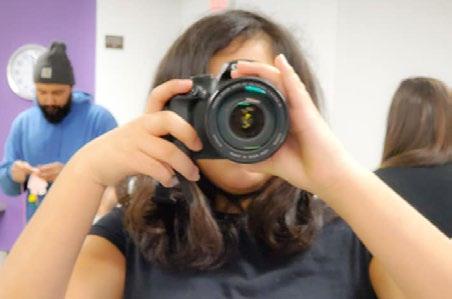

“We are co-designers of our community.”
Lea S. Denny
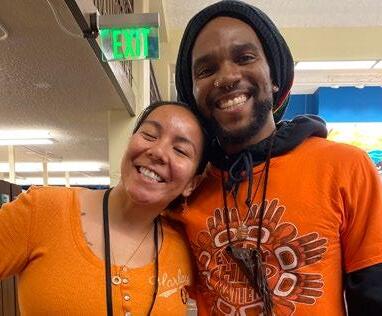
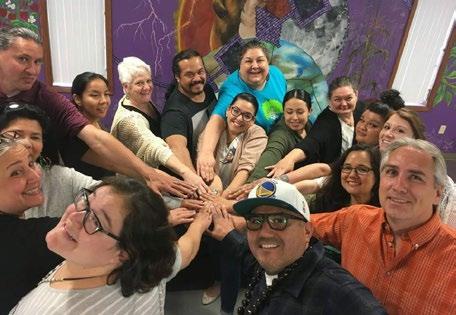
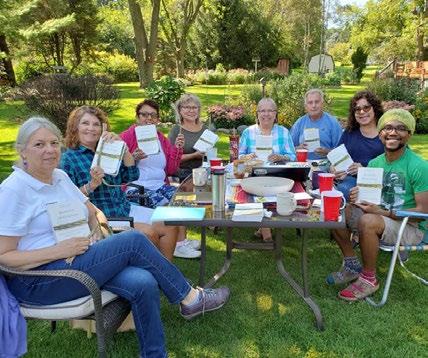
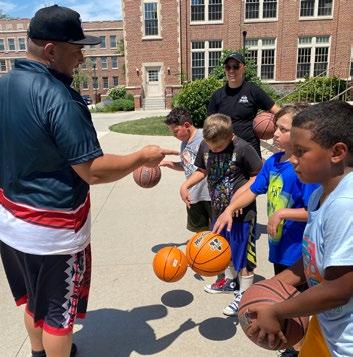
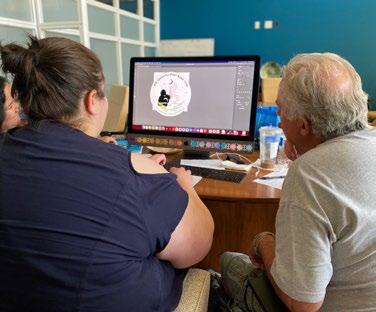
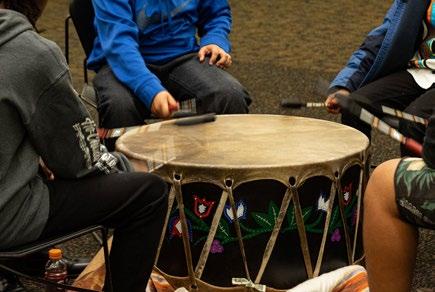
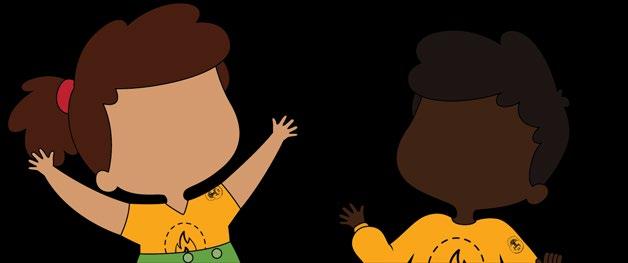
Miigwech
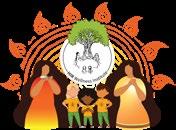

Wāēwāēnen
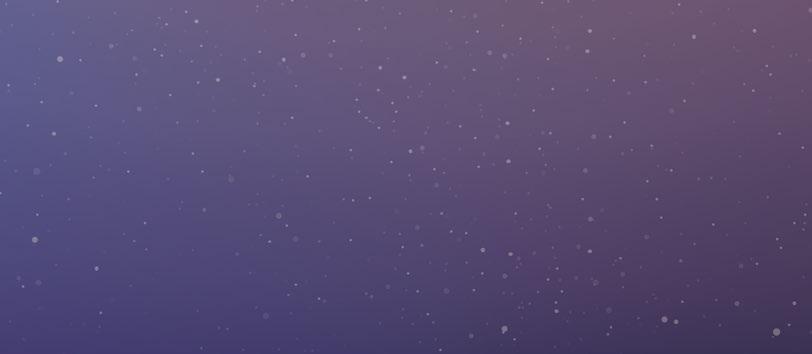
Migwetth



18, 2023
Join us for our next fundraiser to help us serve victims of violence. We are partnering with the Shine the Light Program sponsored by Miller Lite for our 7th Annual CAM™ and Red Sands Event. This event is for Missing and Murdered Indigenous Women and Relatives (MMIWR), community grief, and prayer. This year we will be hosting a guided walk at Lake Shore Park followed by Light The Hoan in the honor of HIR Wellness Institute and our event. Together we can gather to mourn, honor, and heal for our ancestors, people, and our future generations.
#CommunityActivatedMedicine
#MMIWR
#TogetherWeHeal
#GriefPrayerWalk
#LightTheHoan

